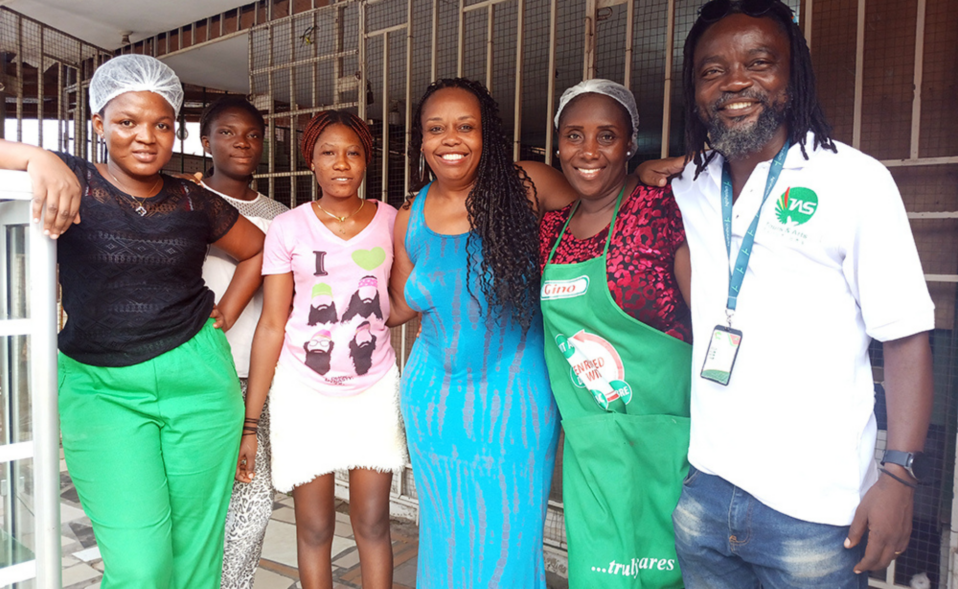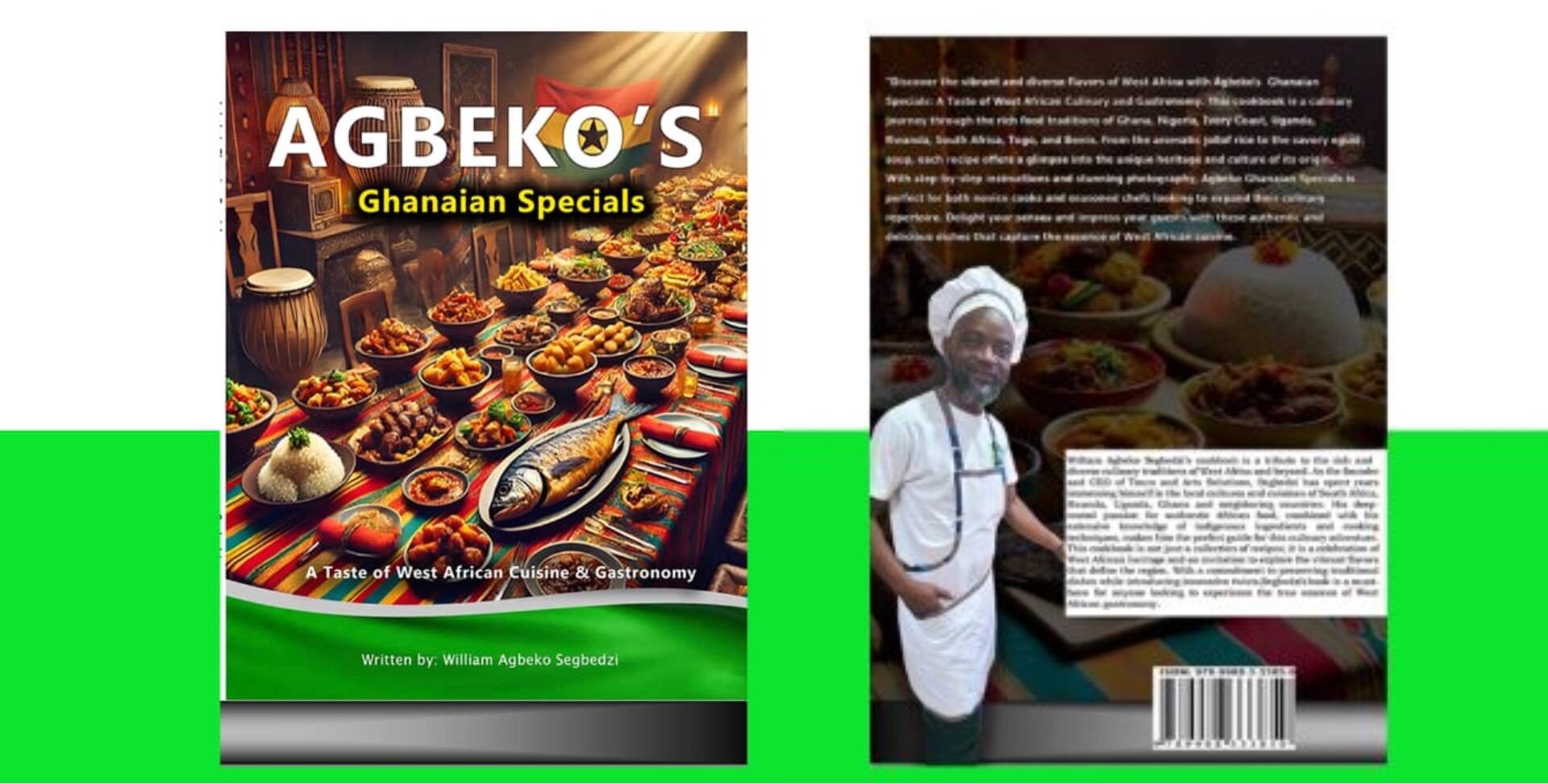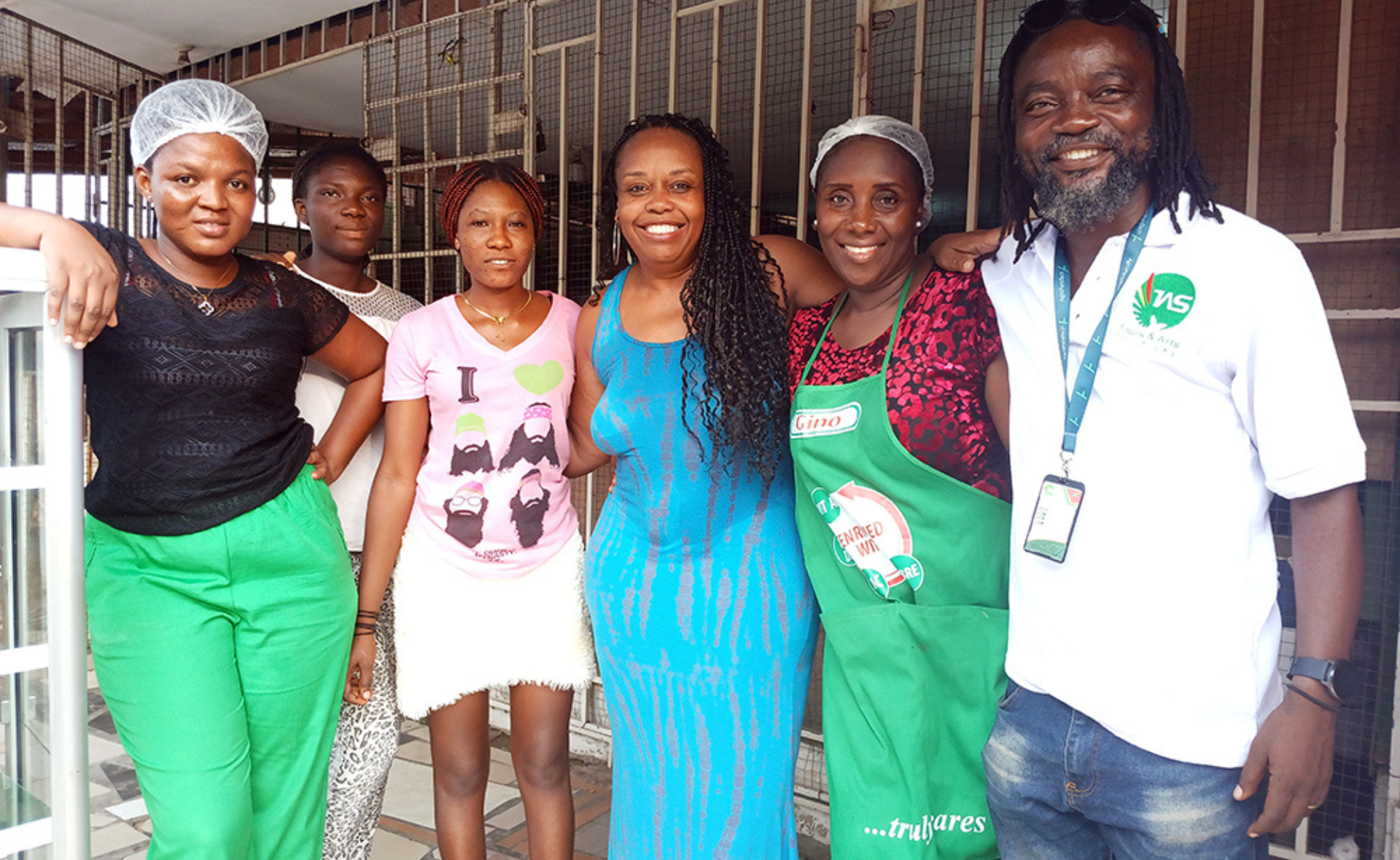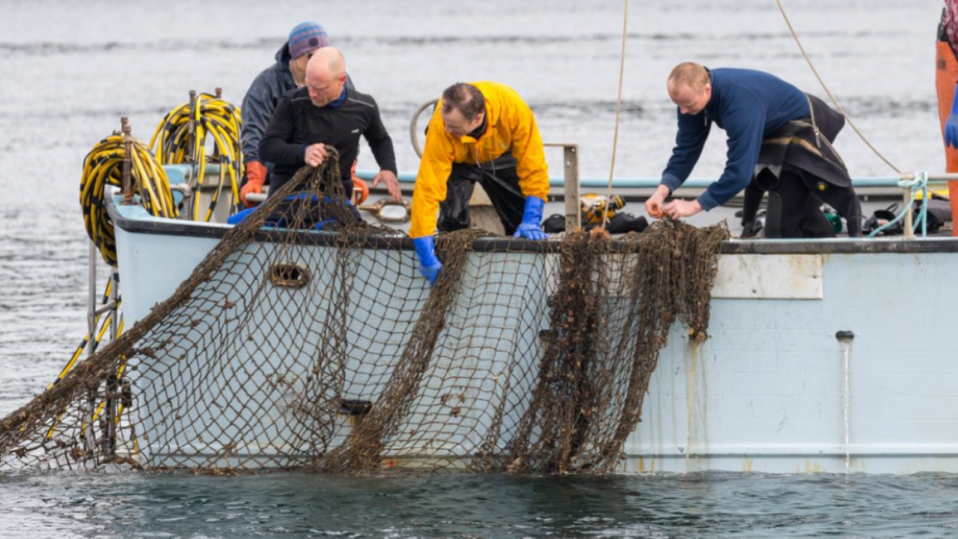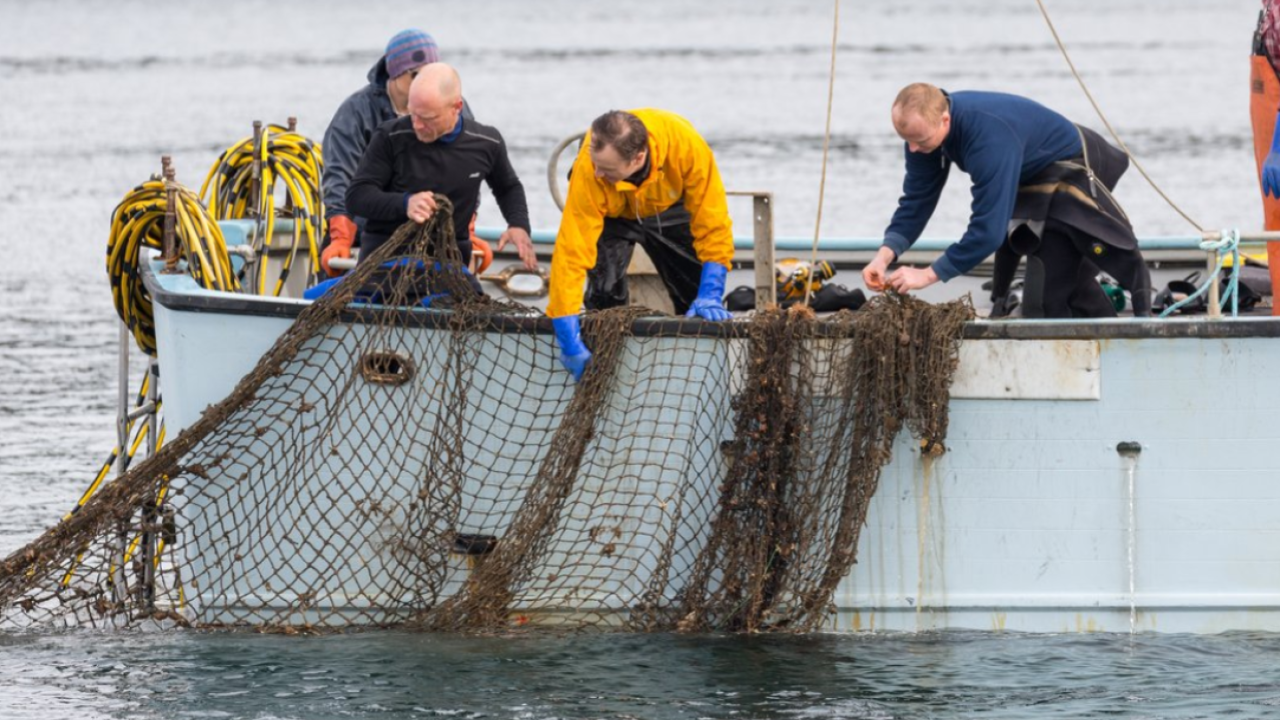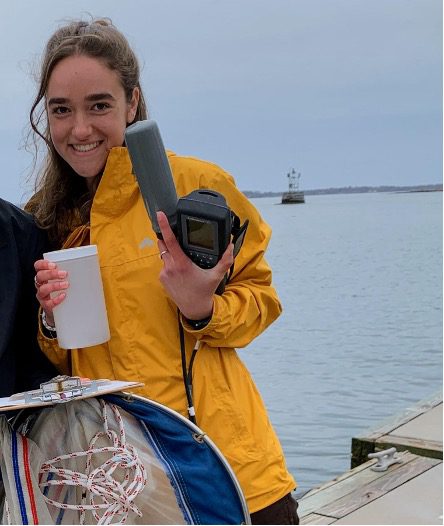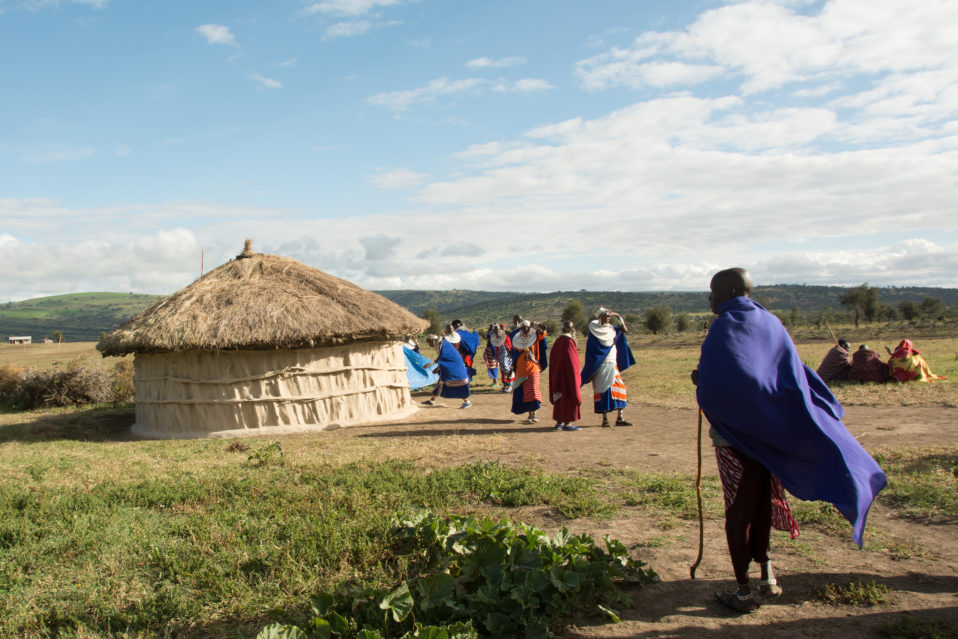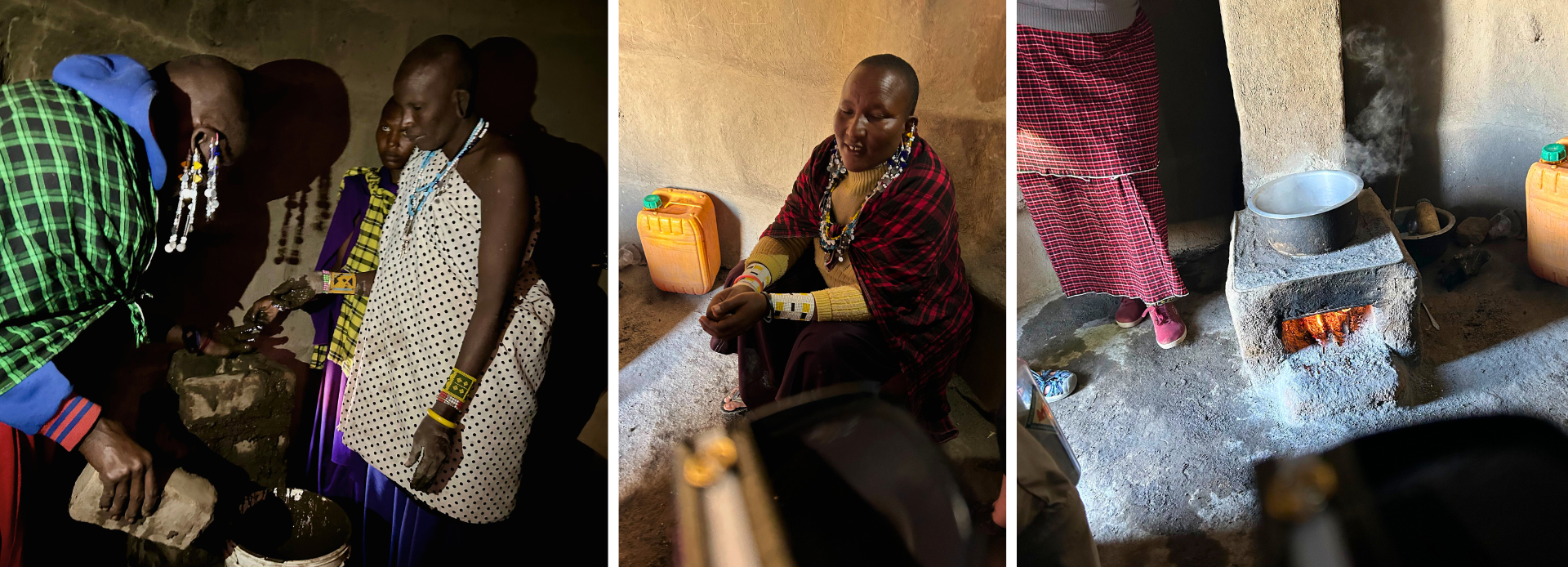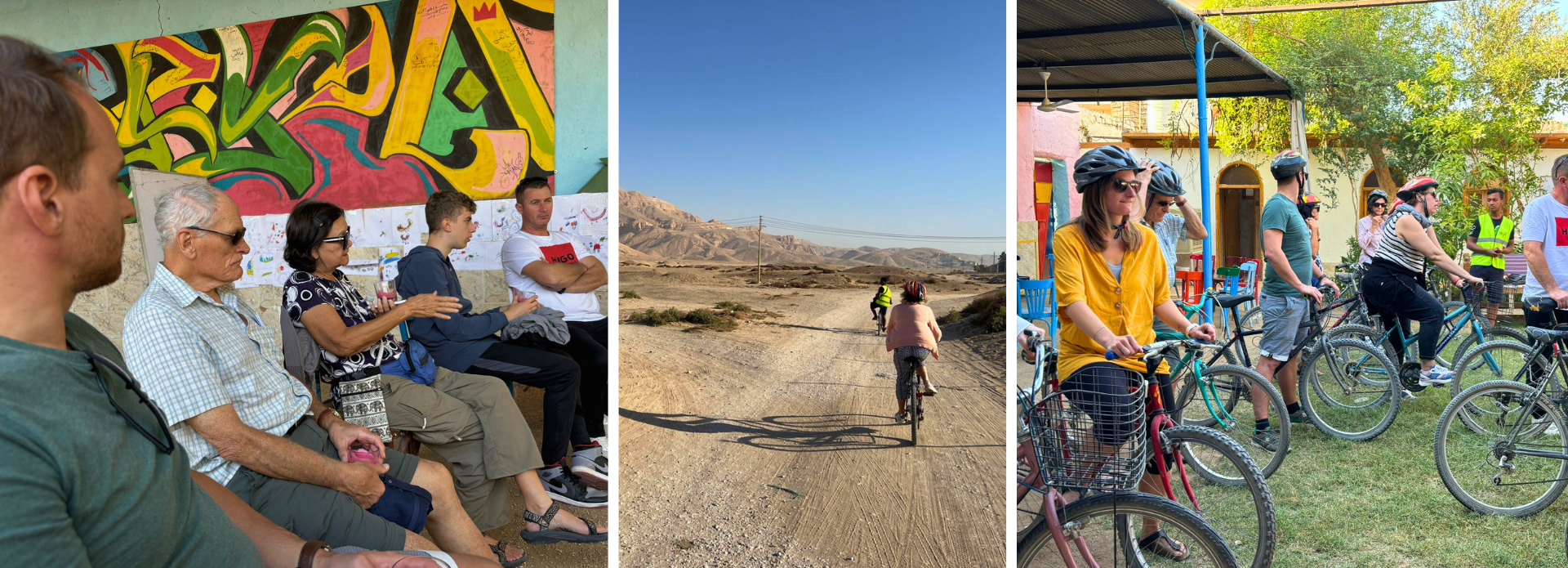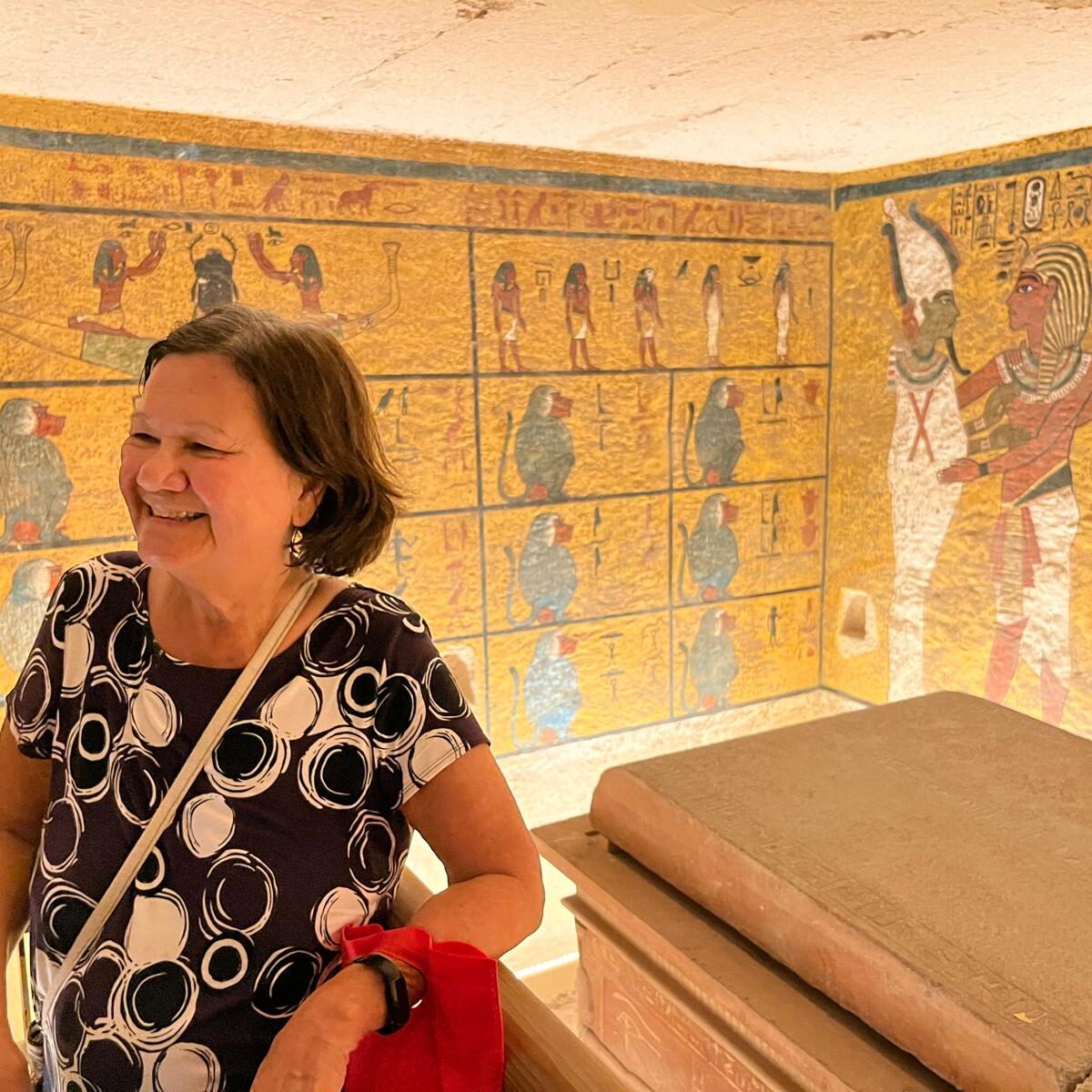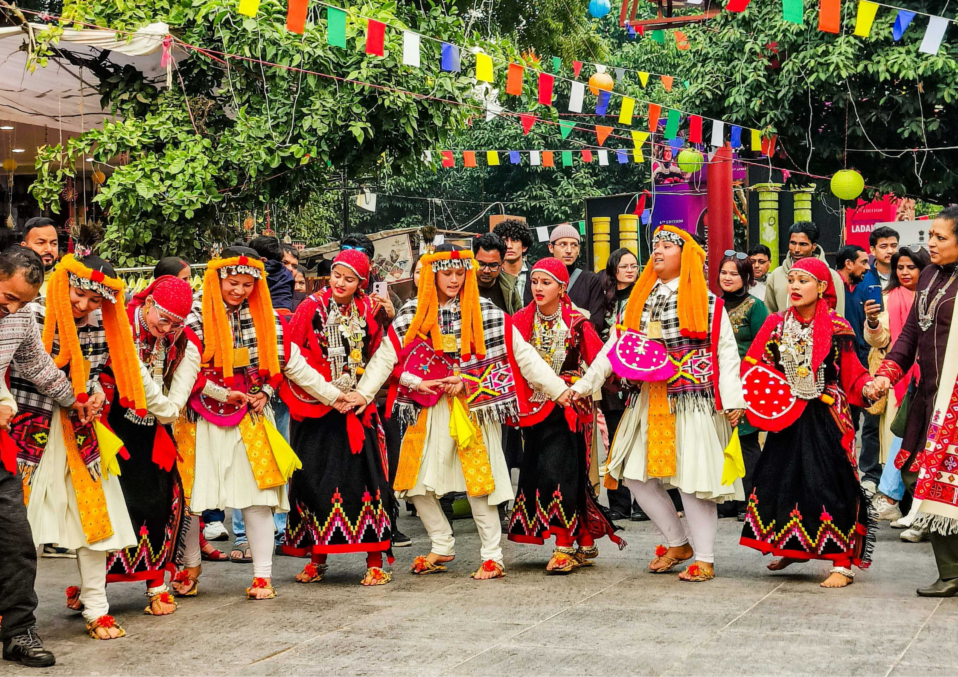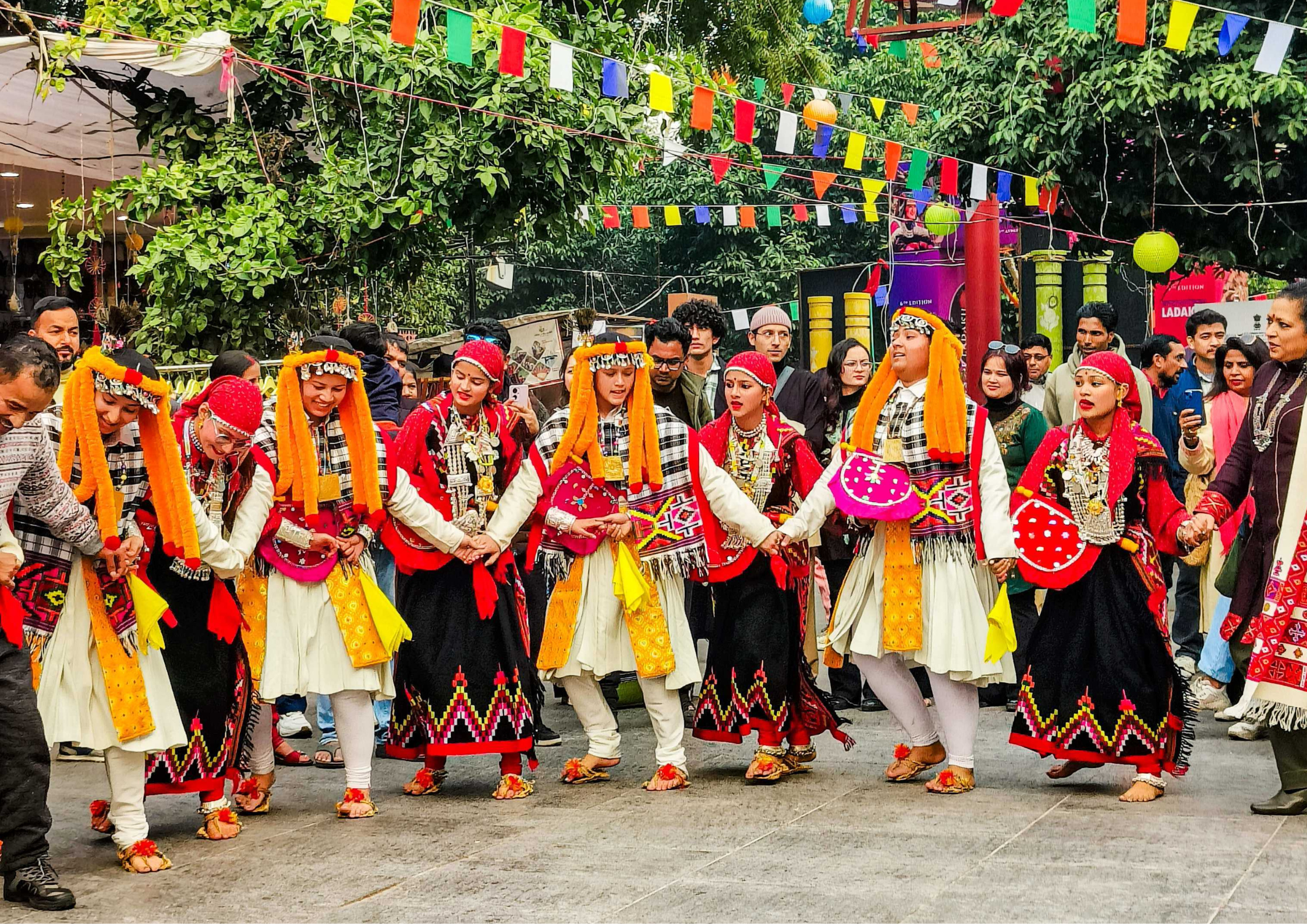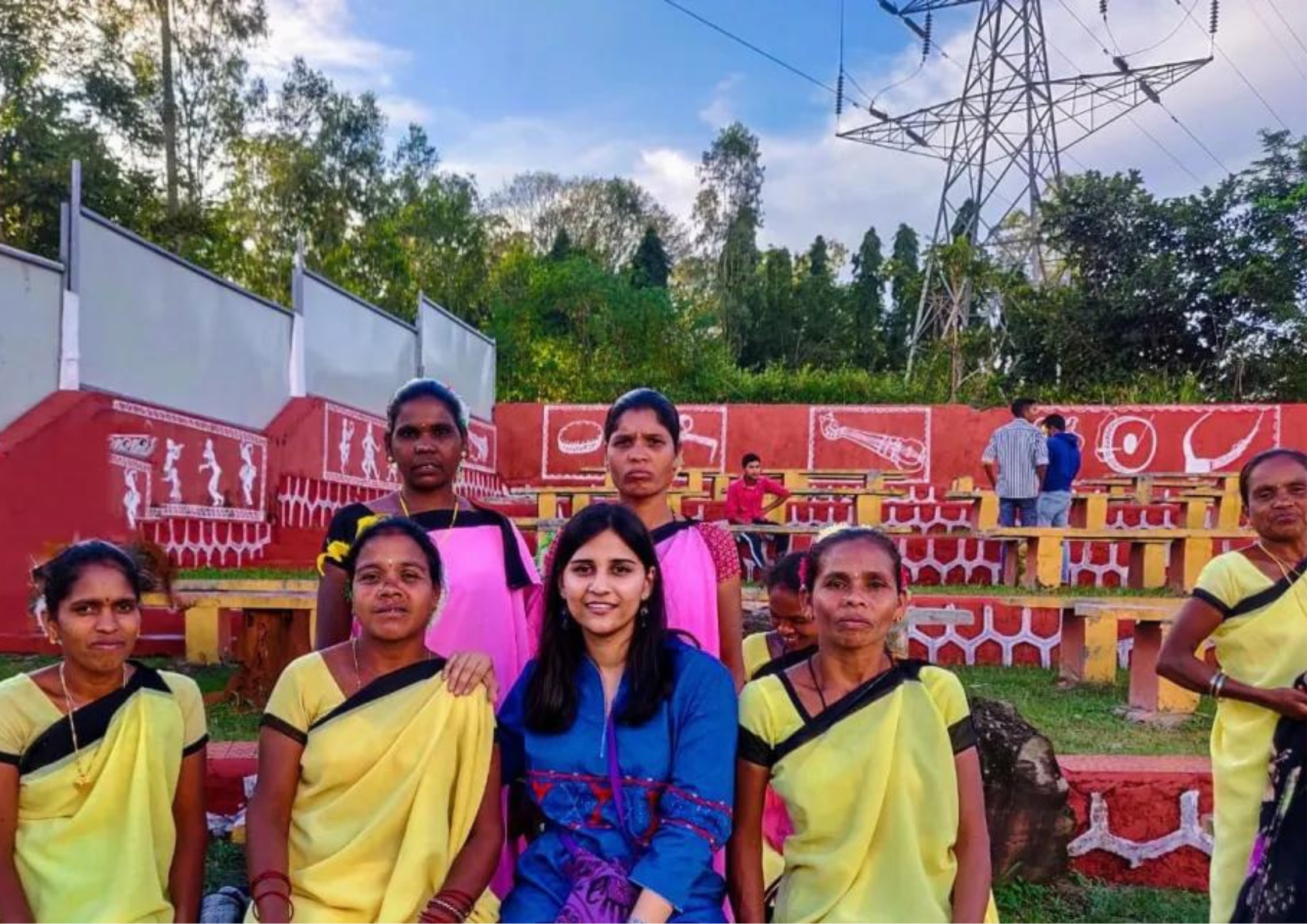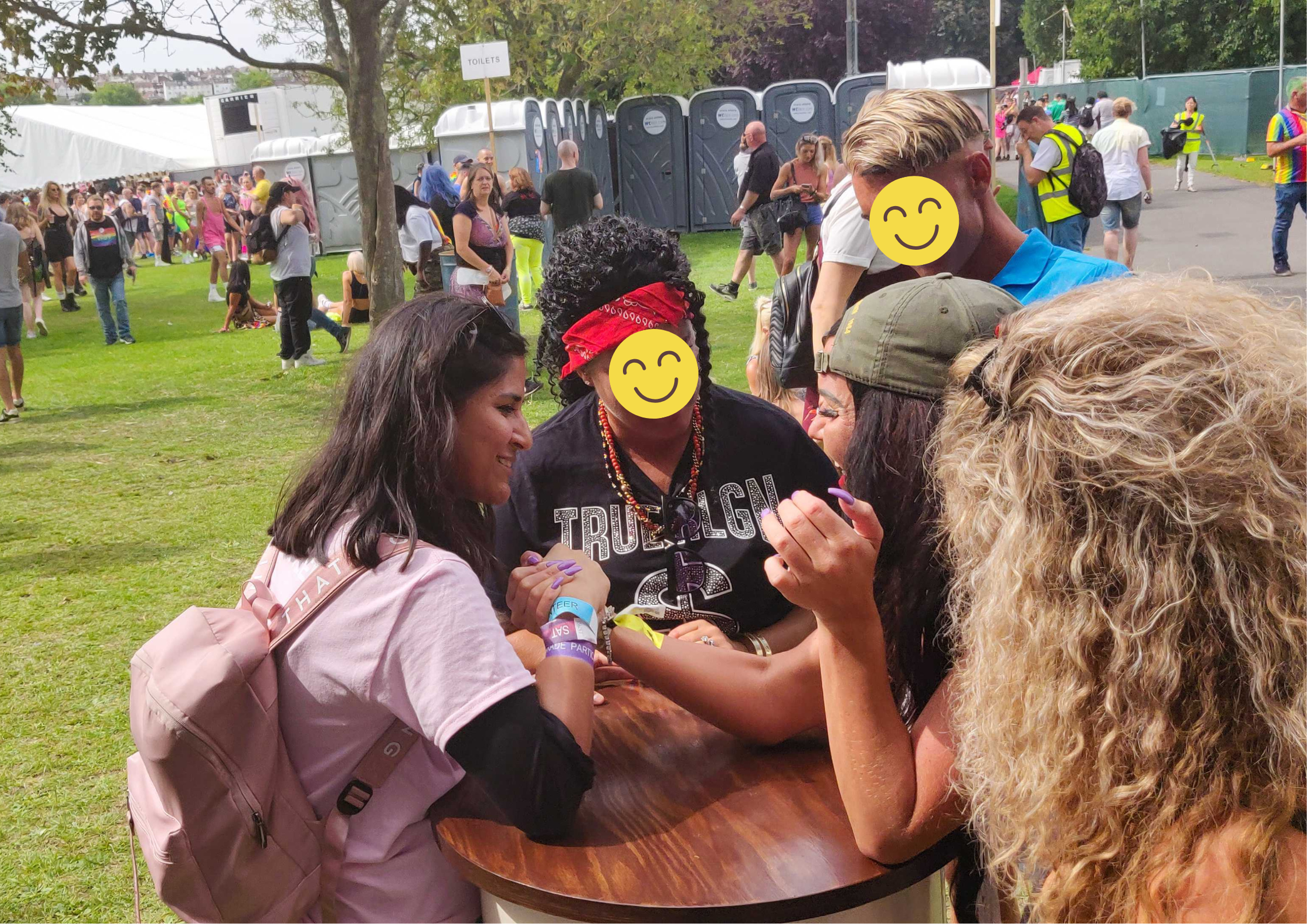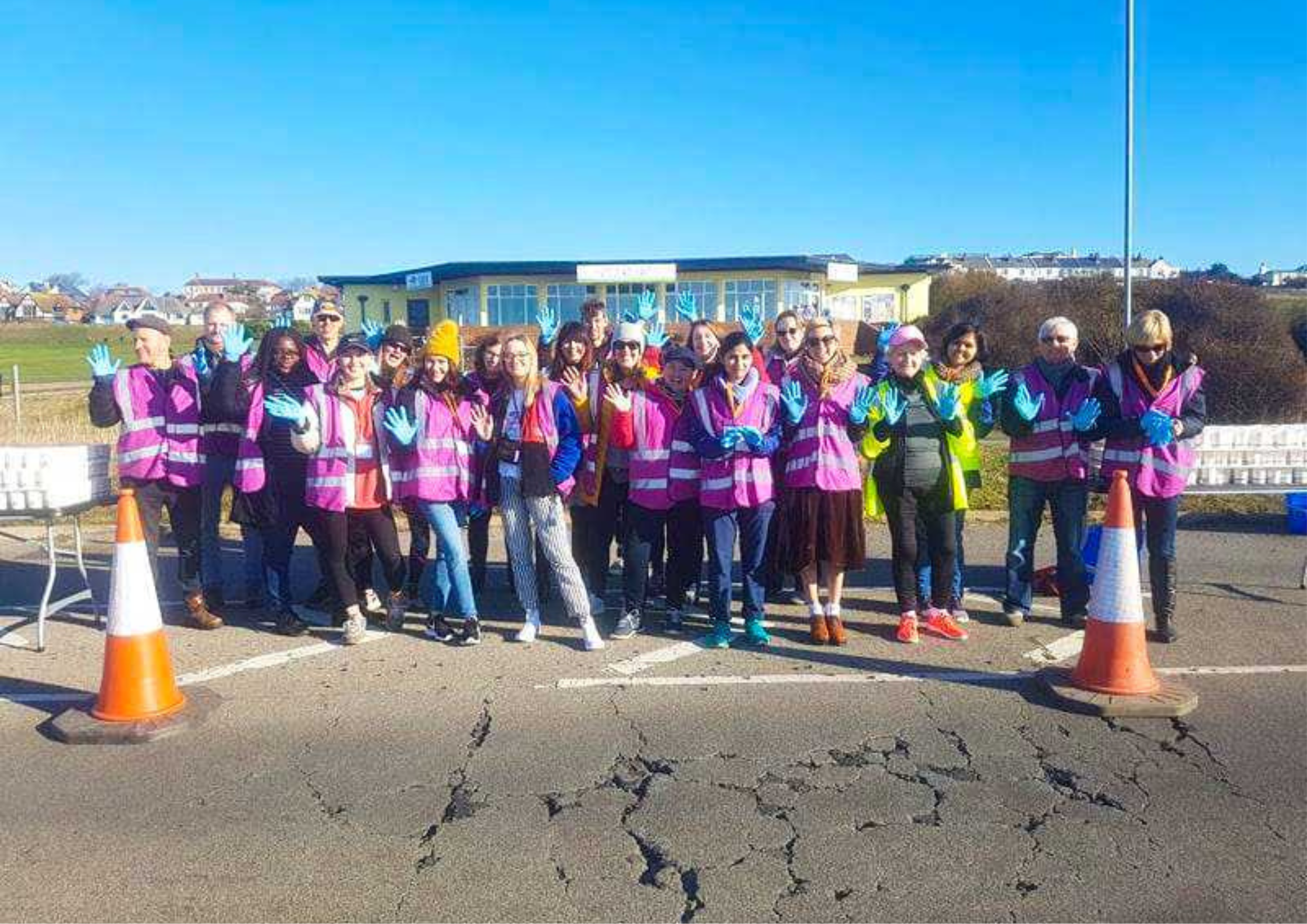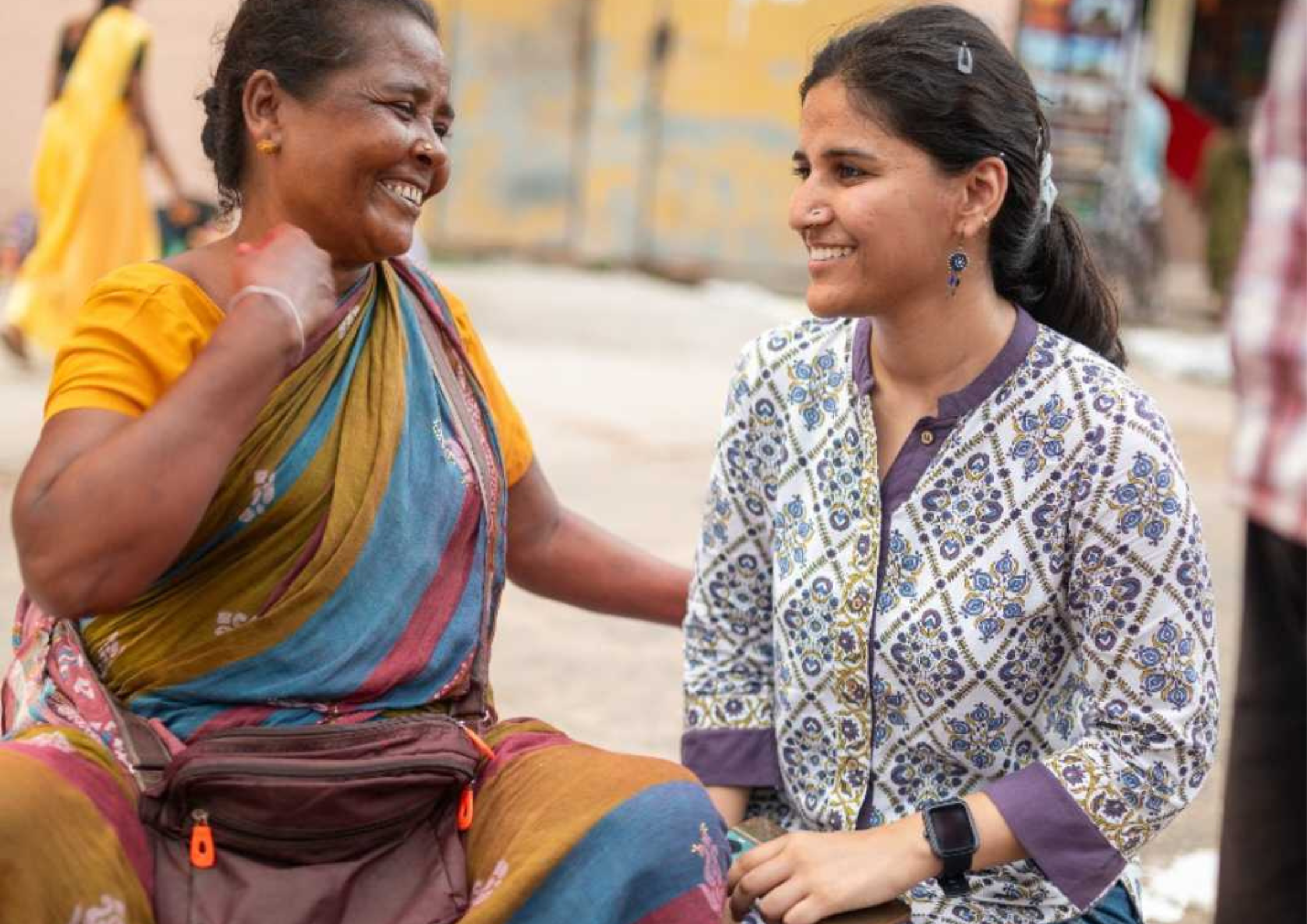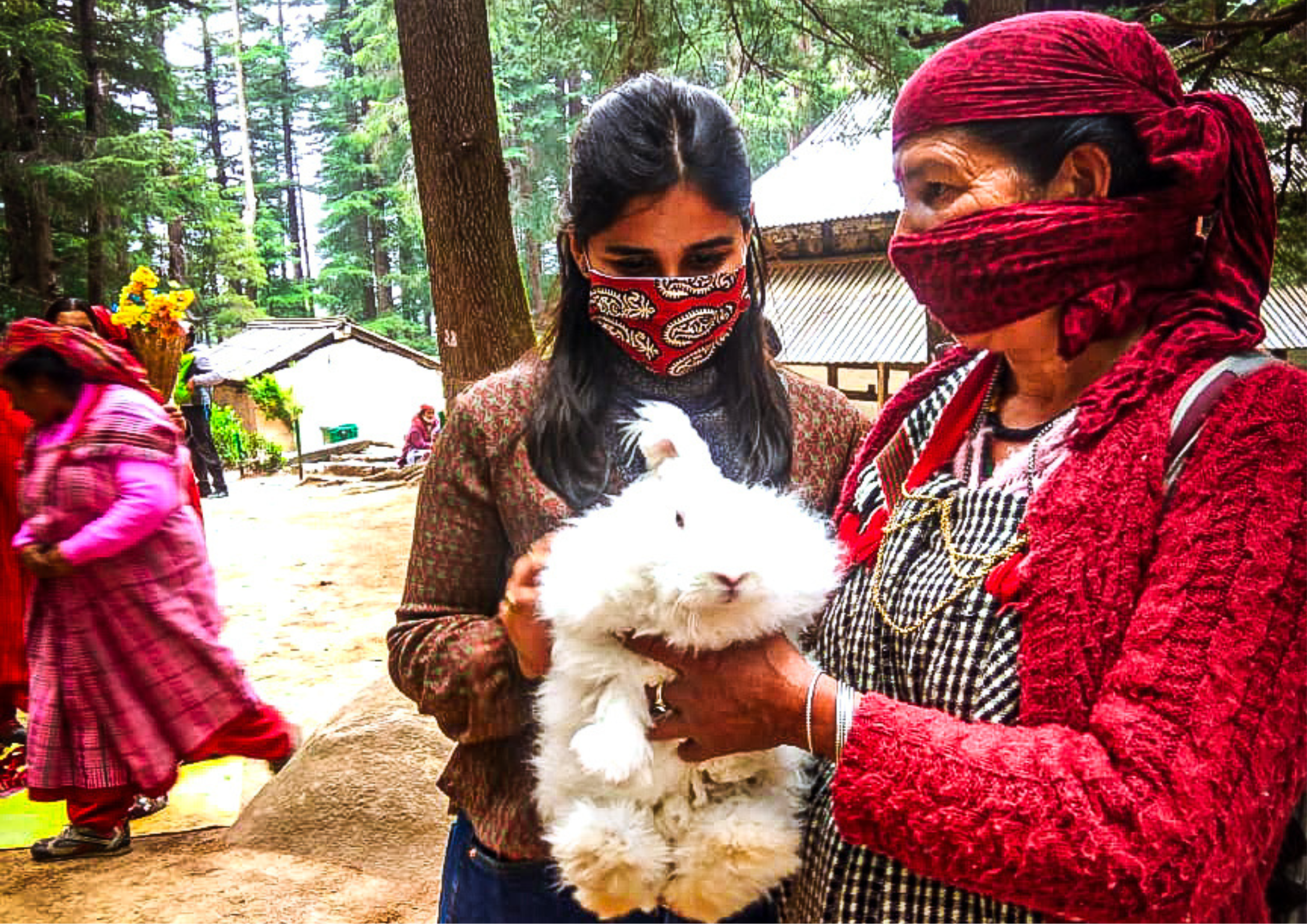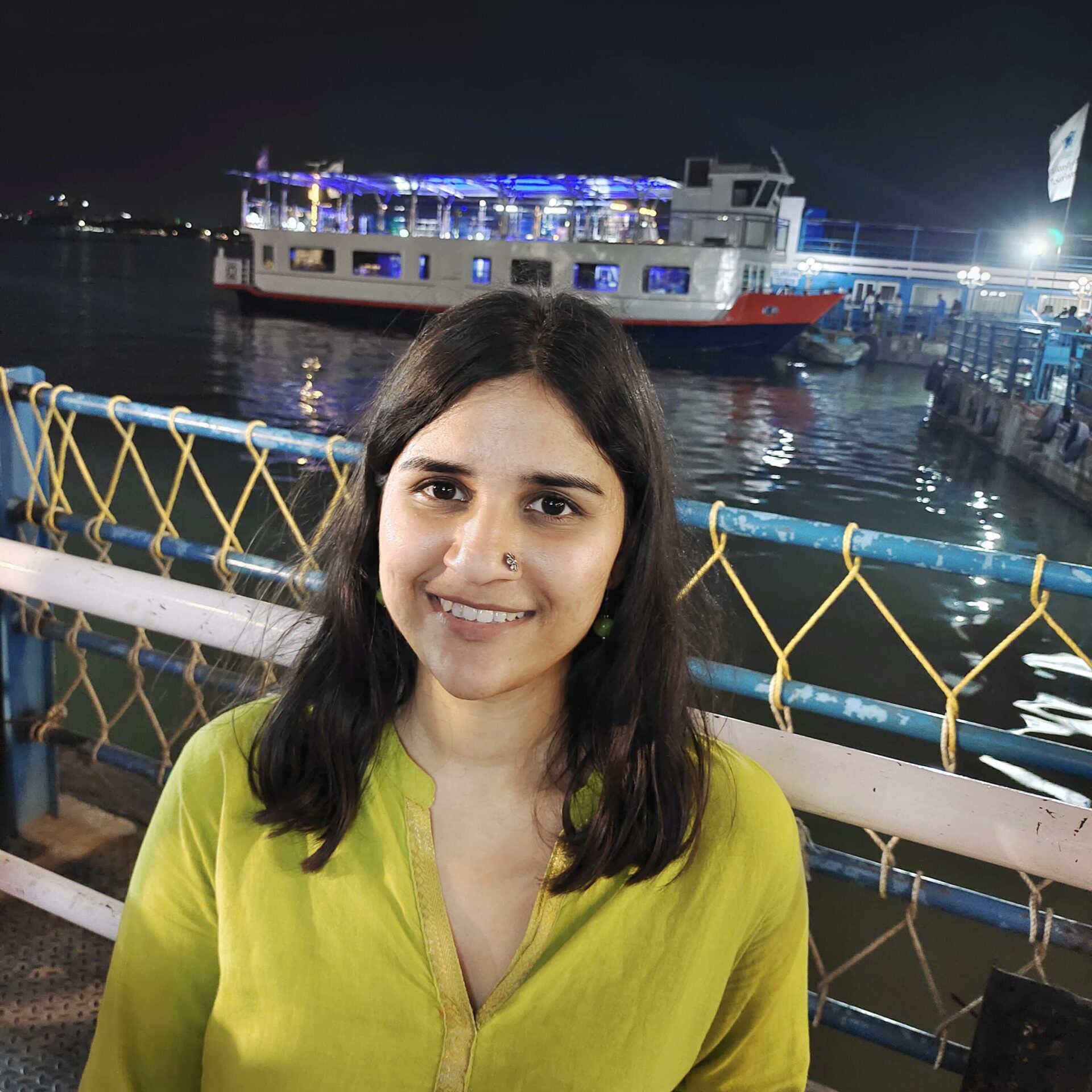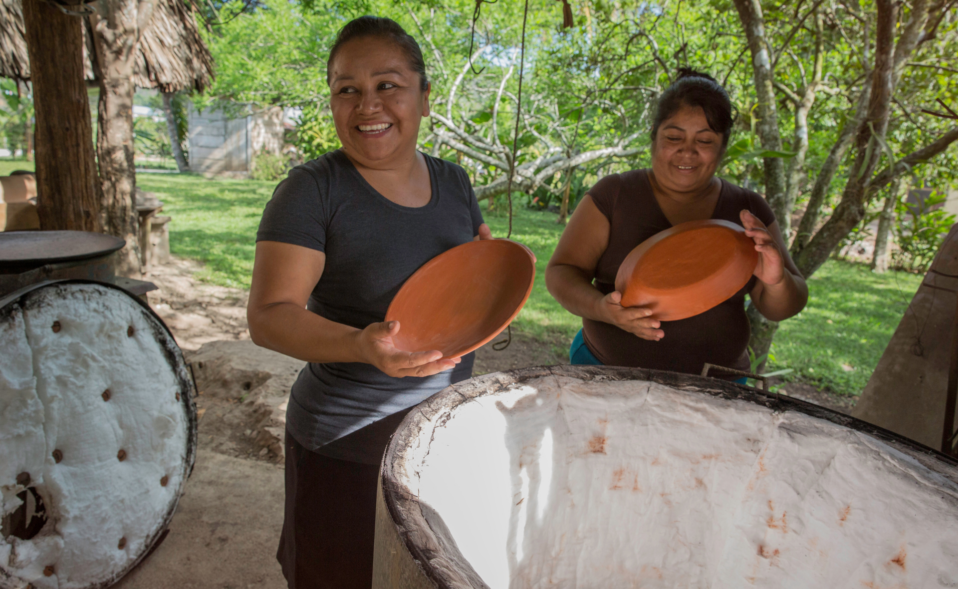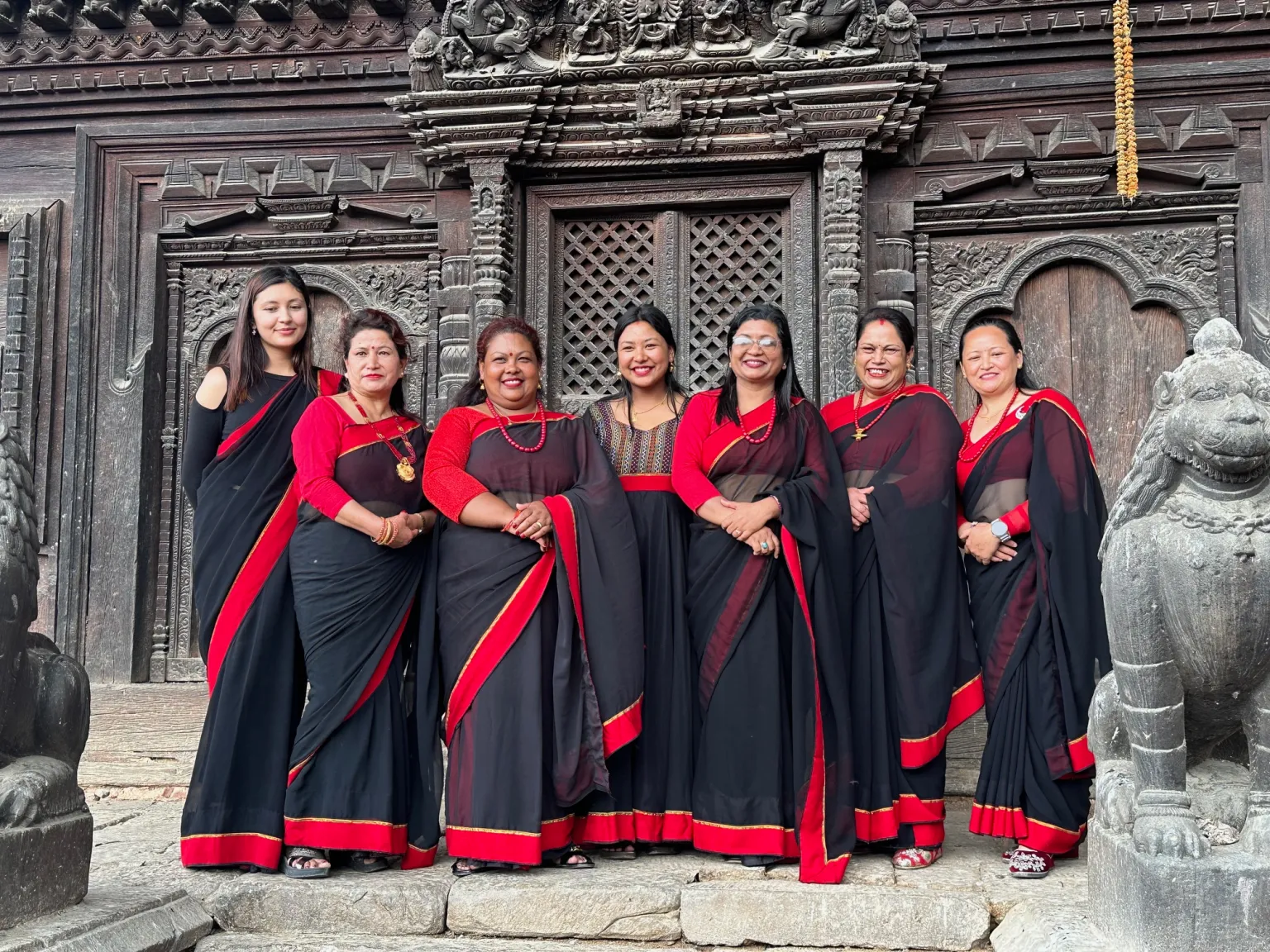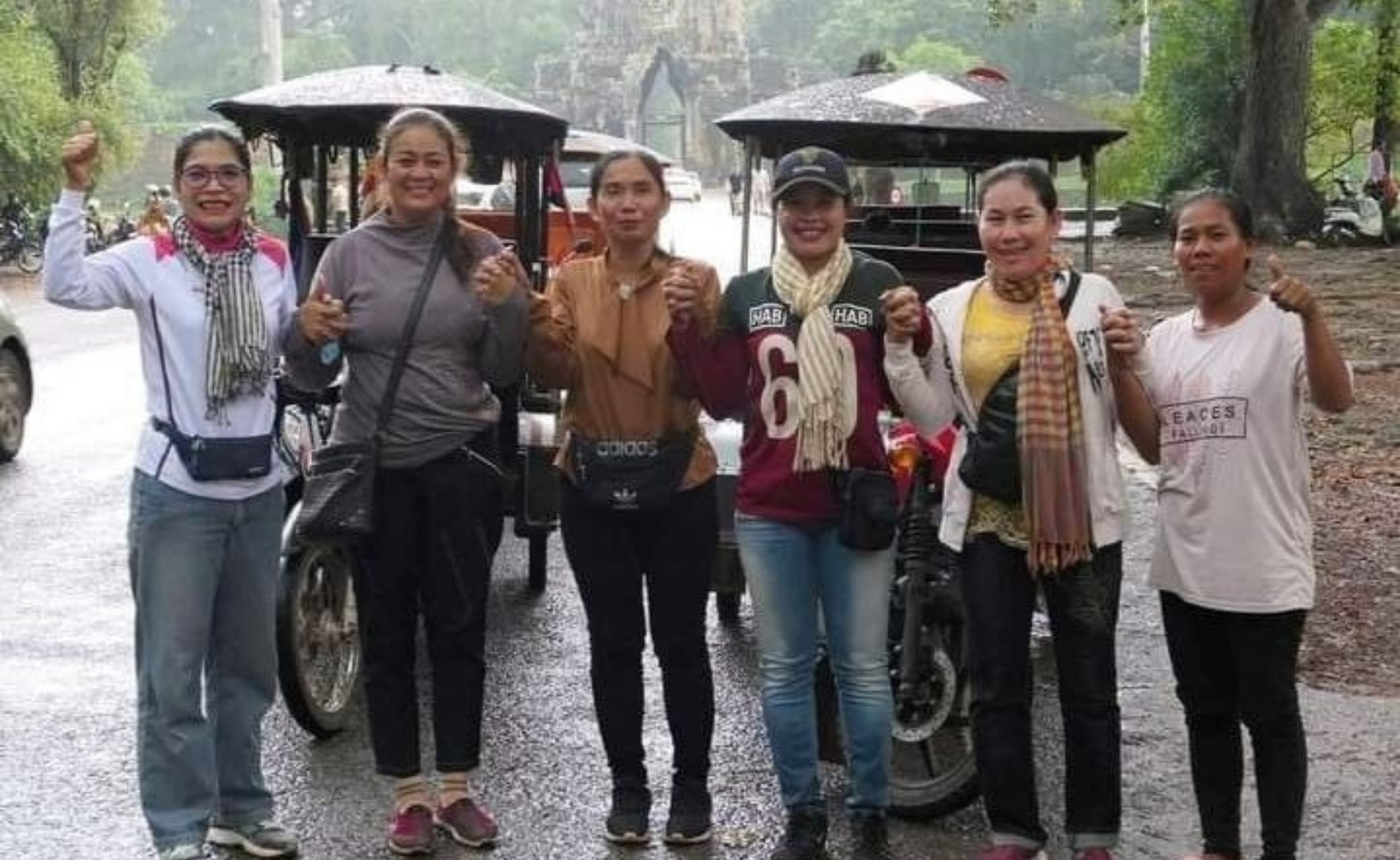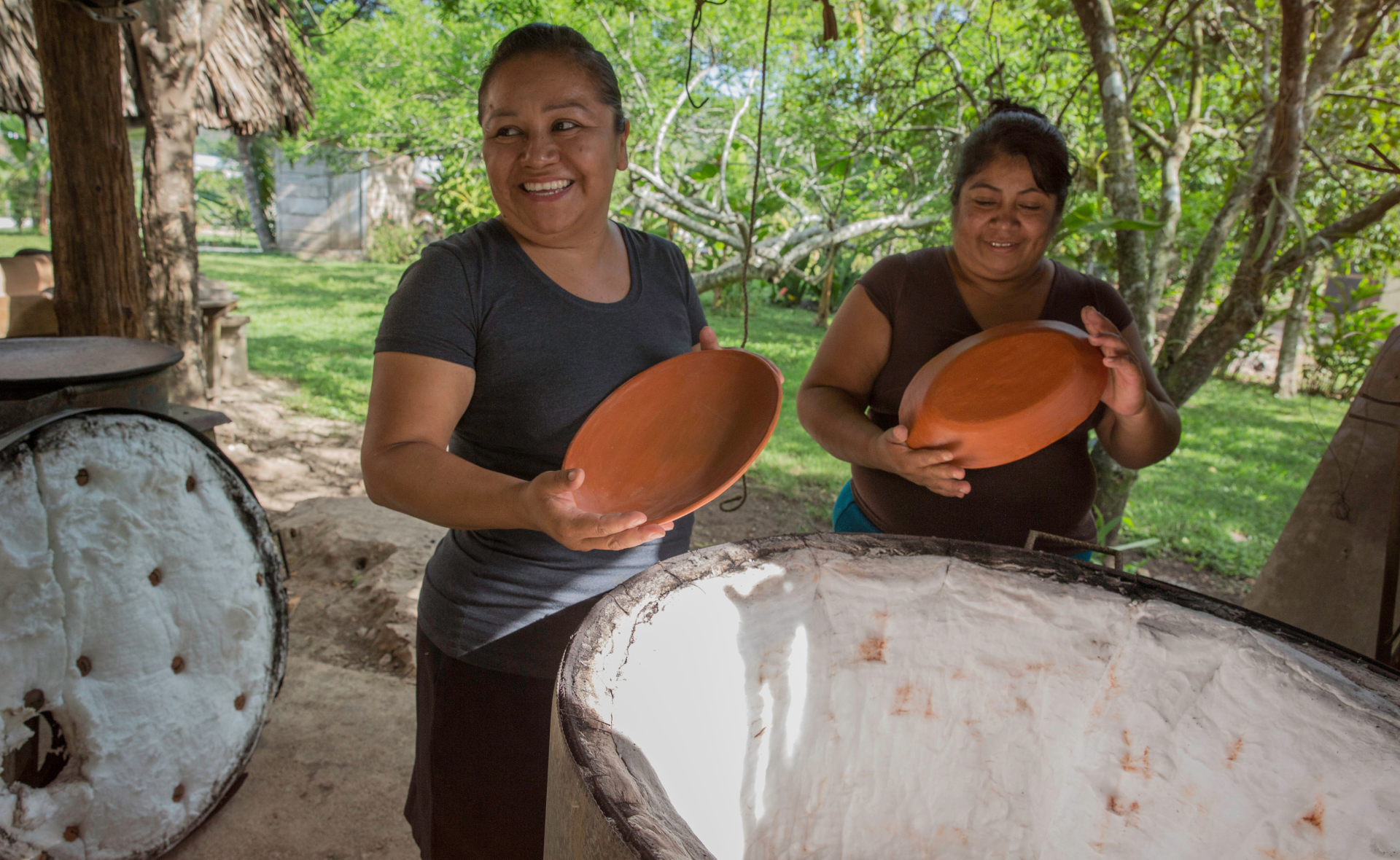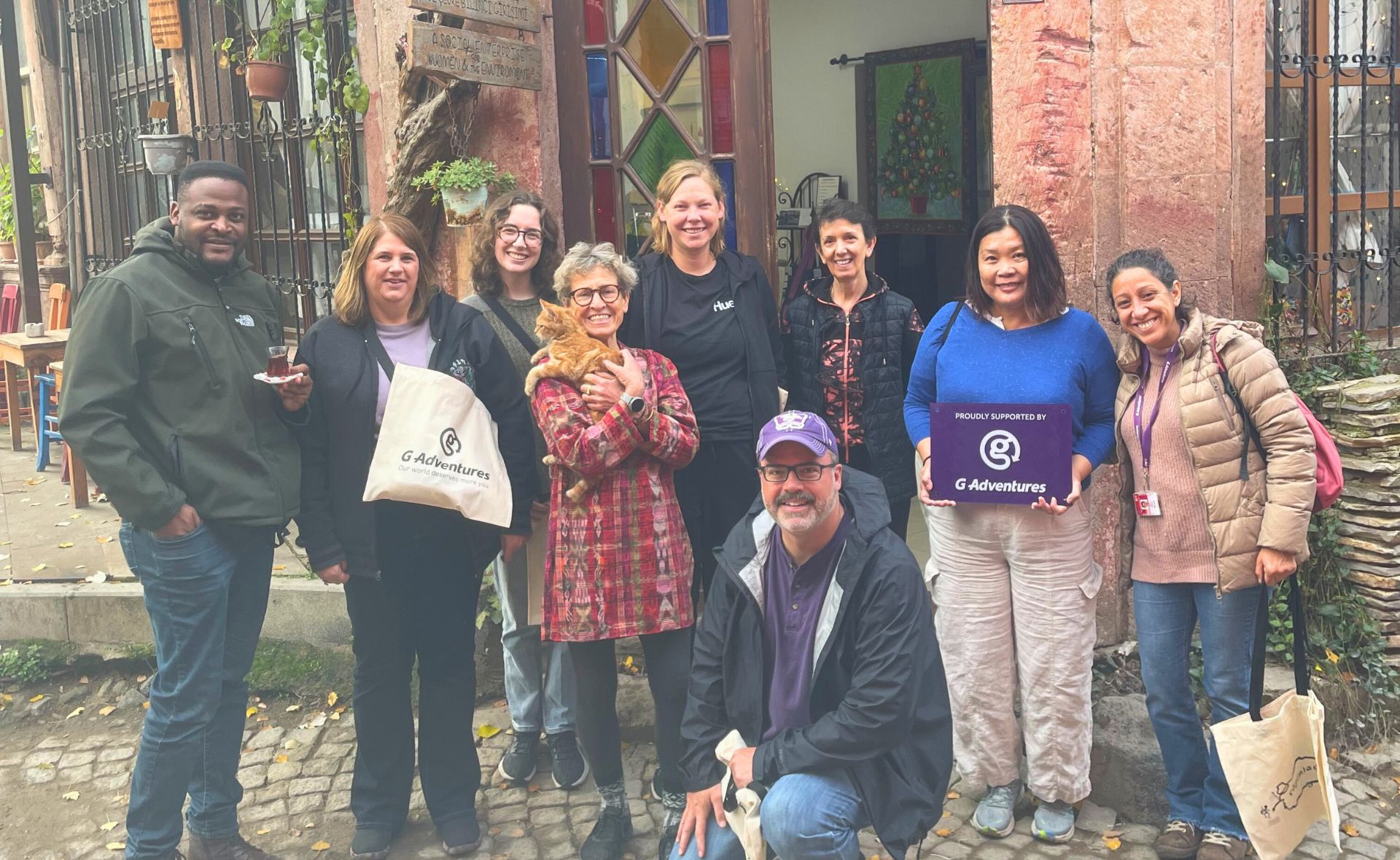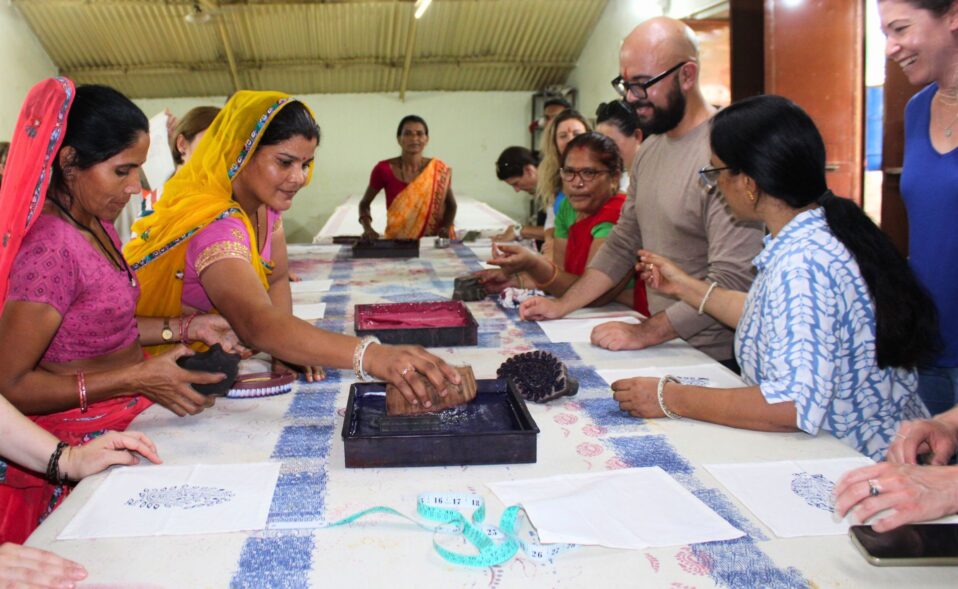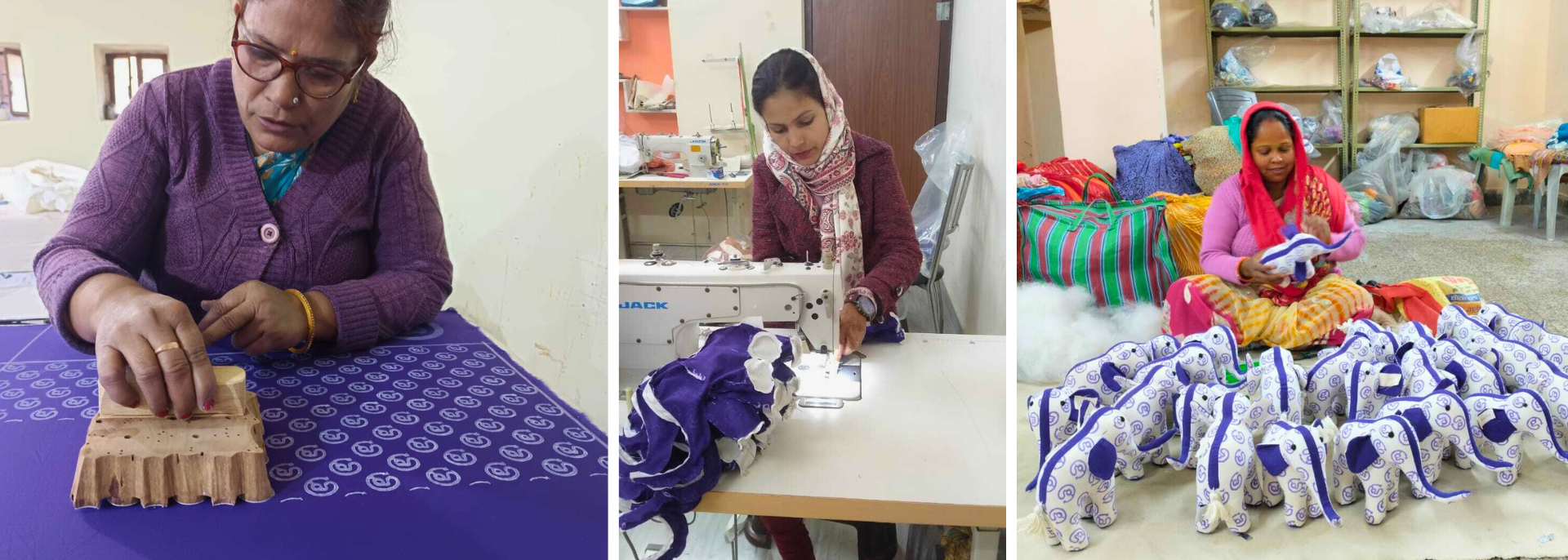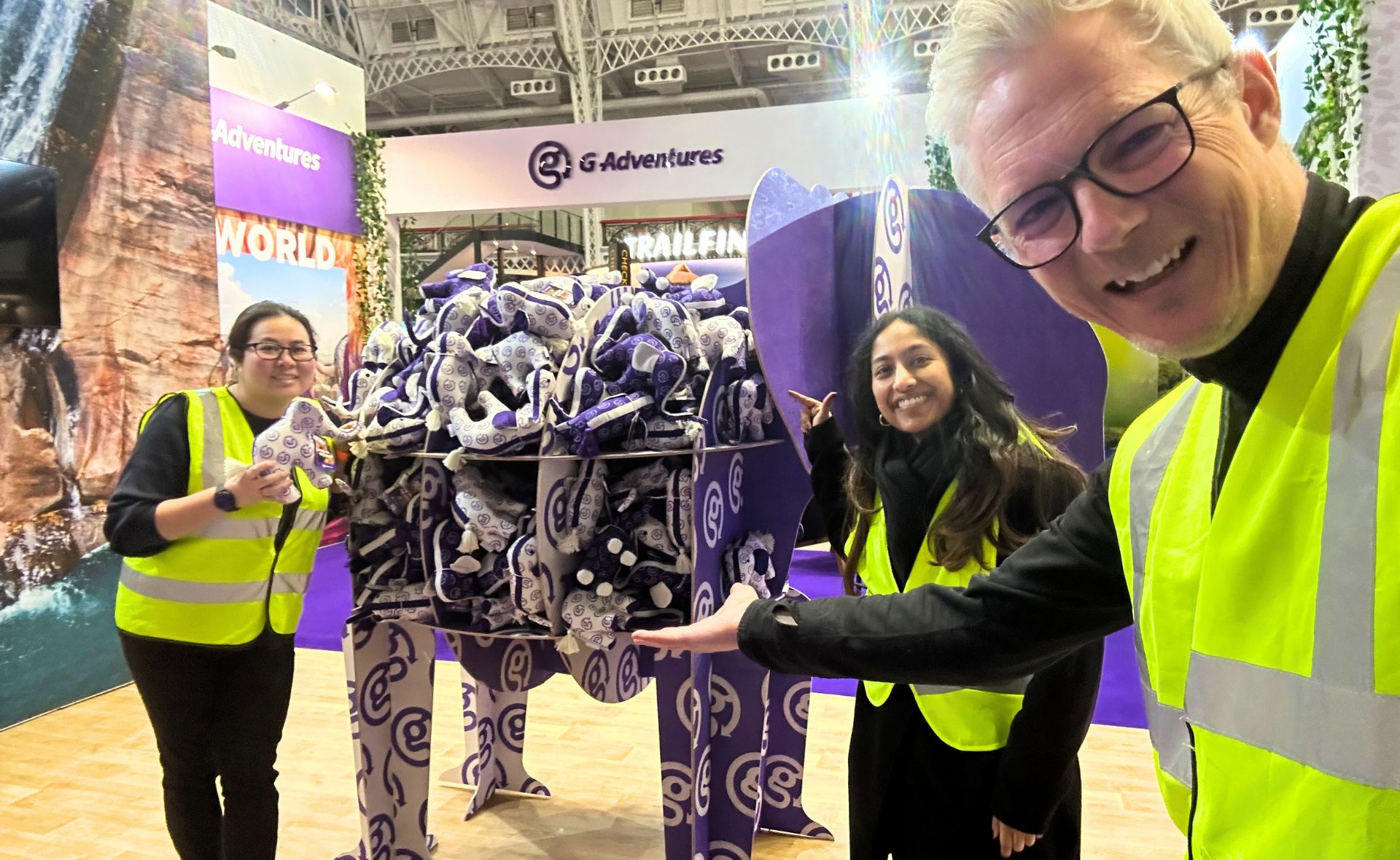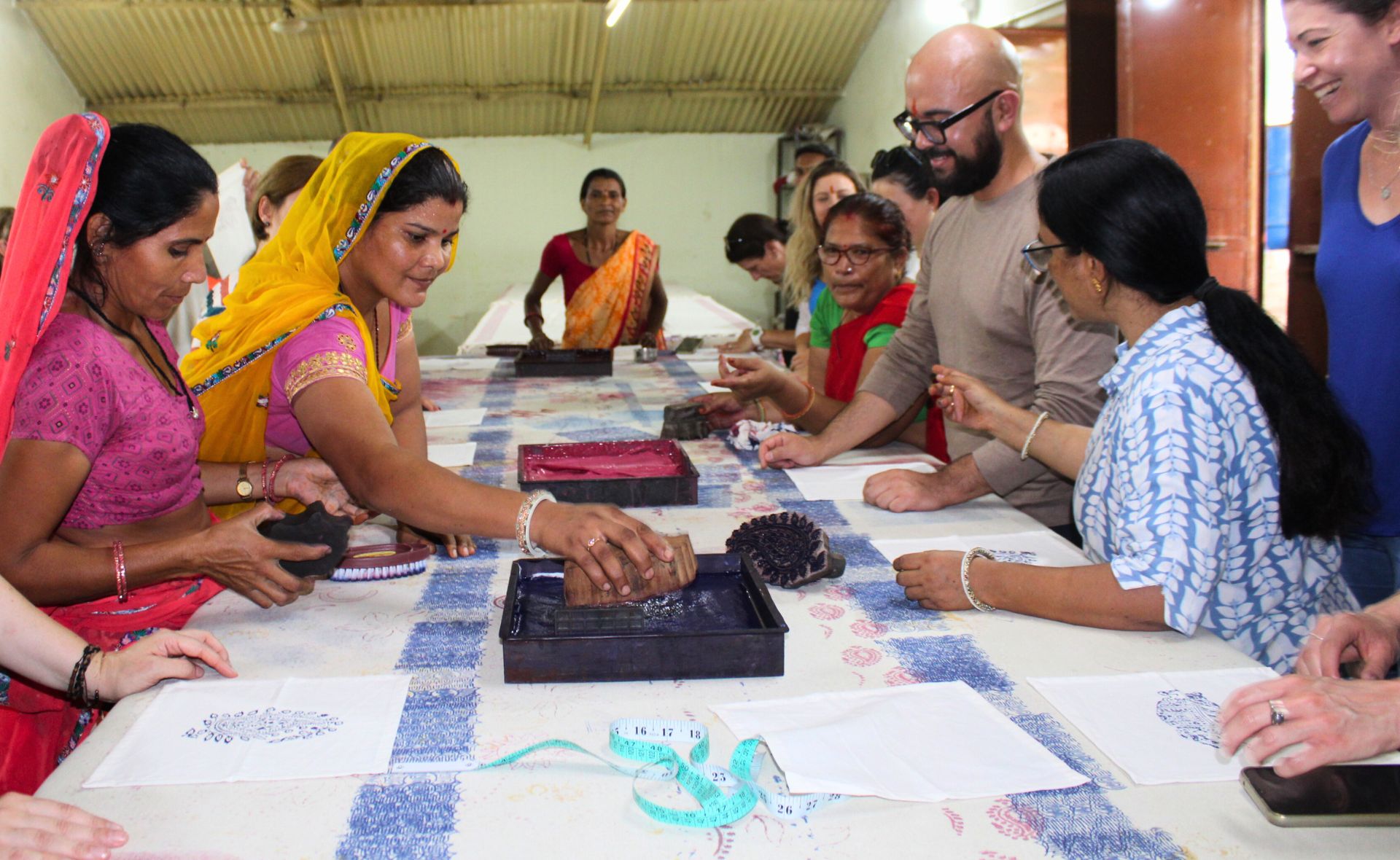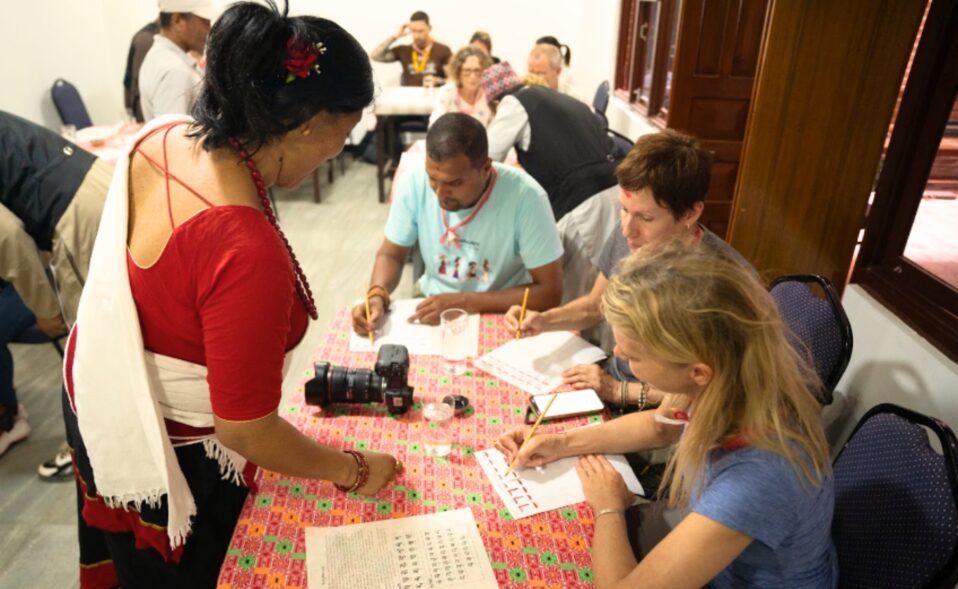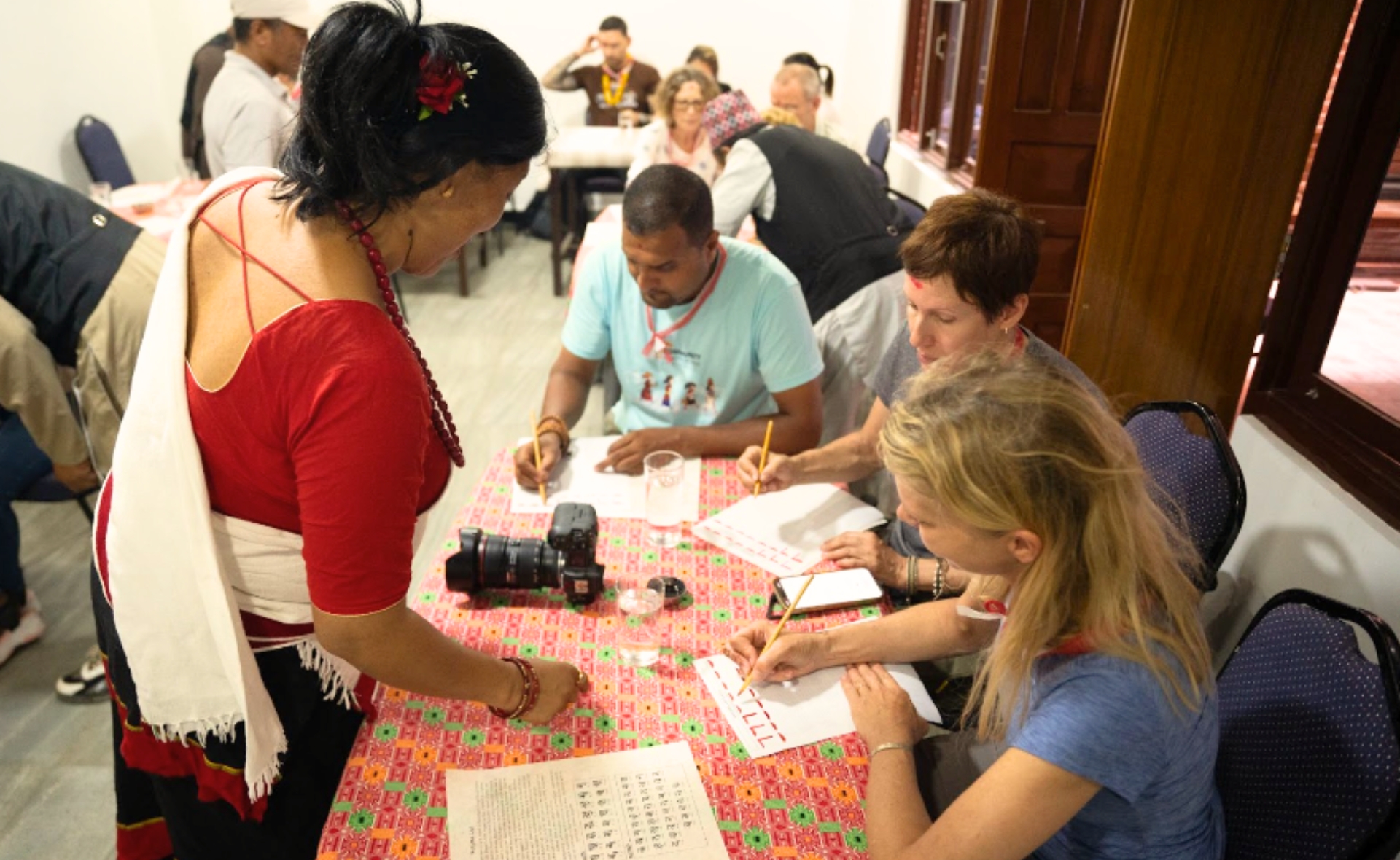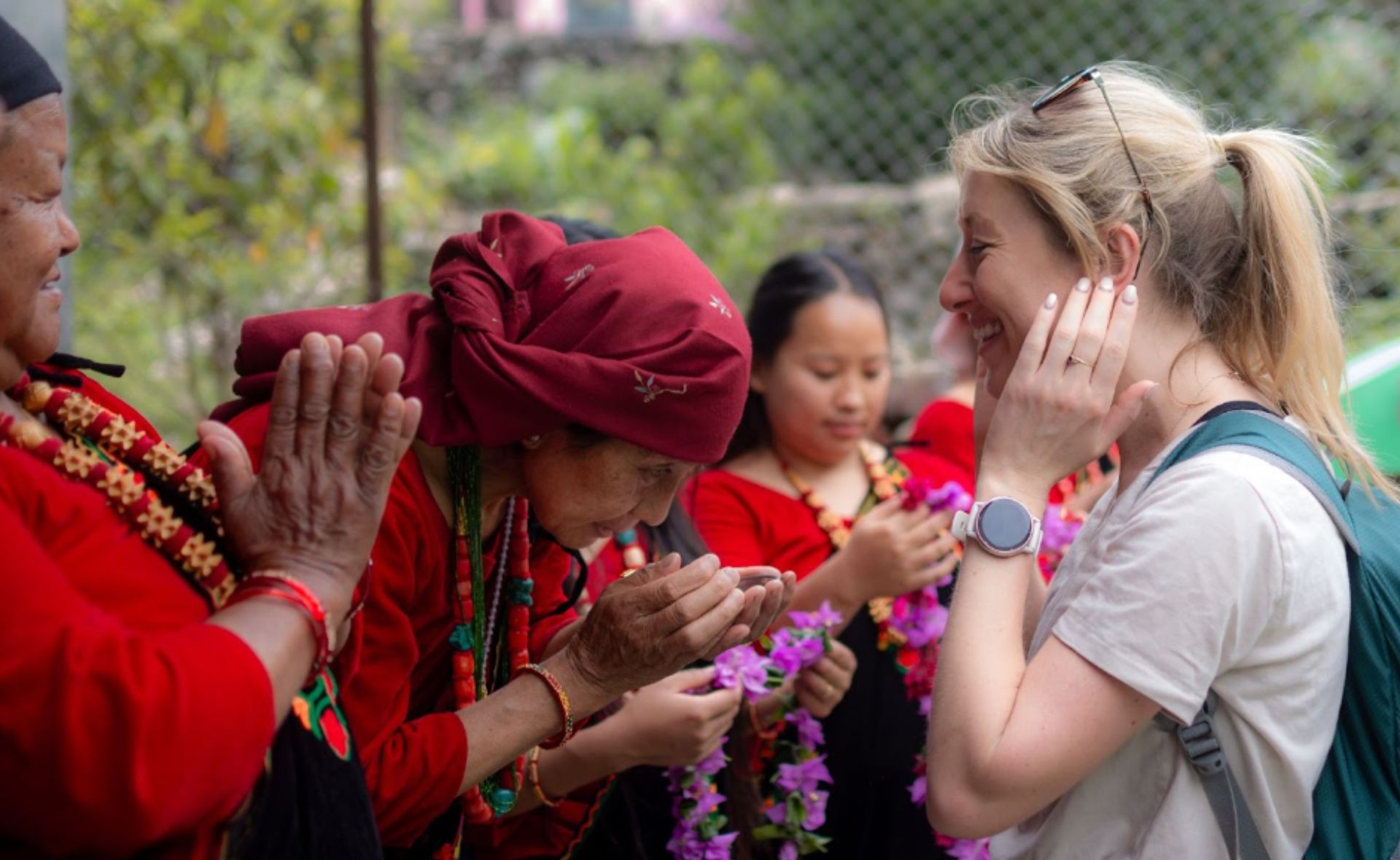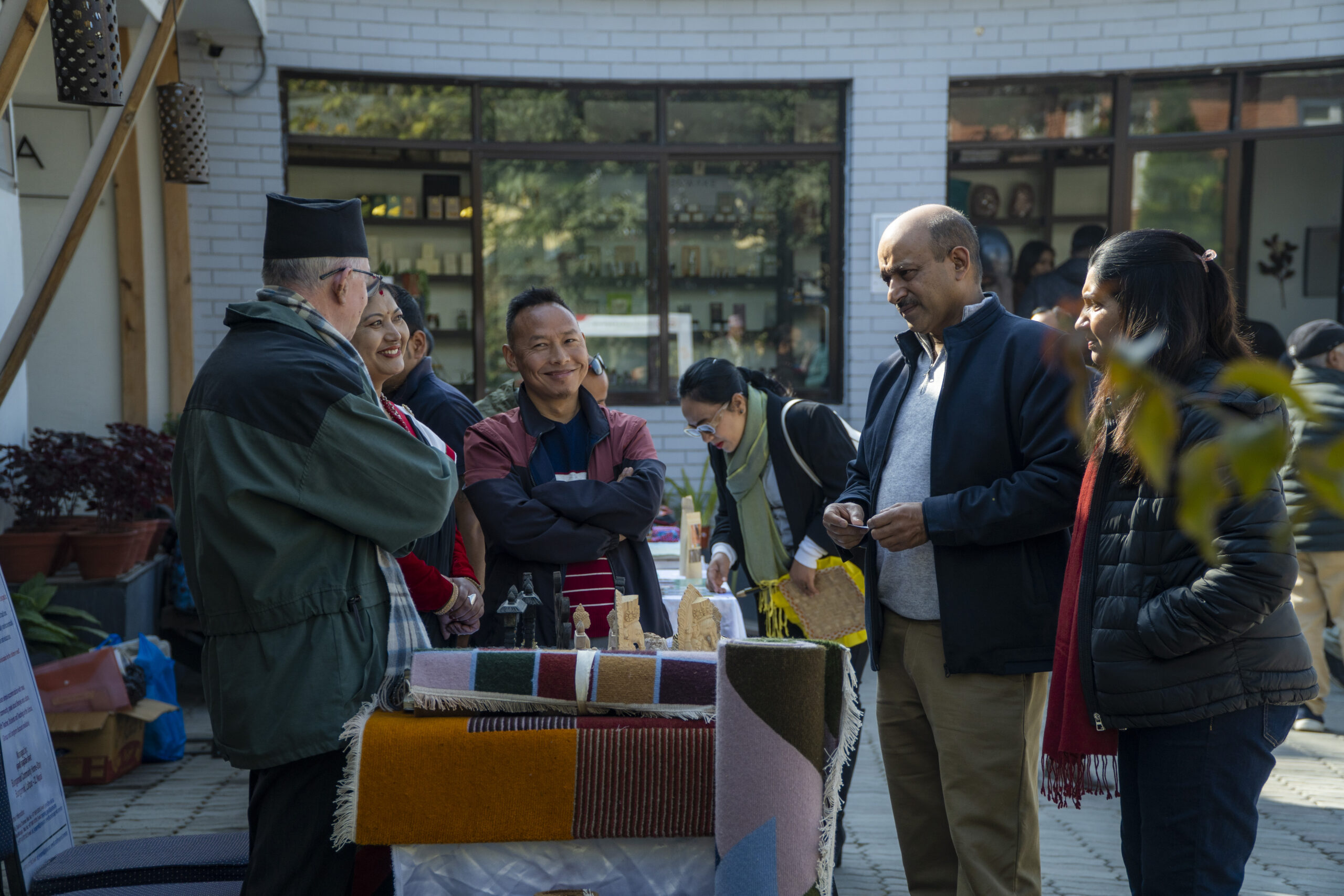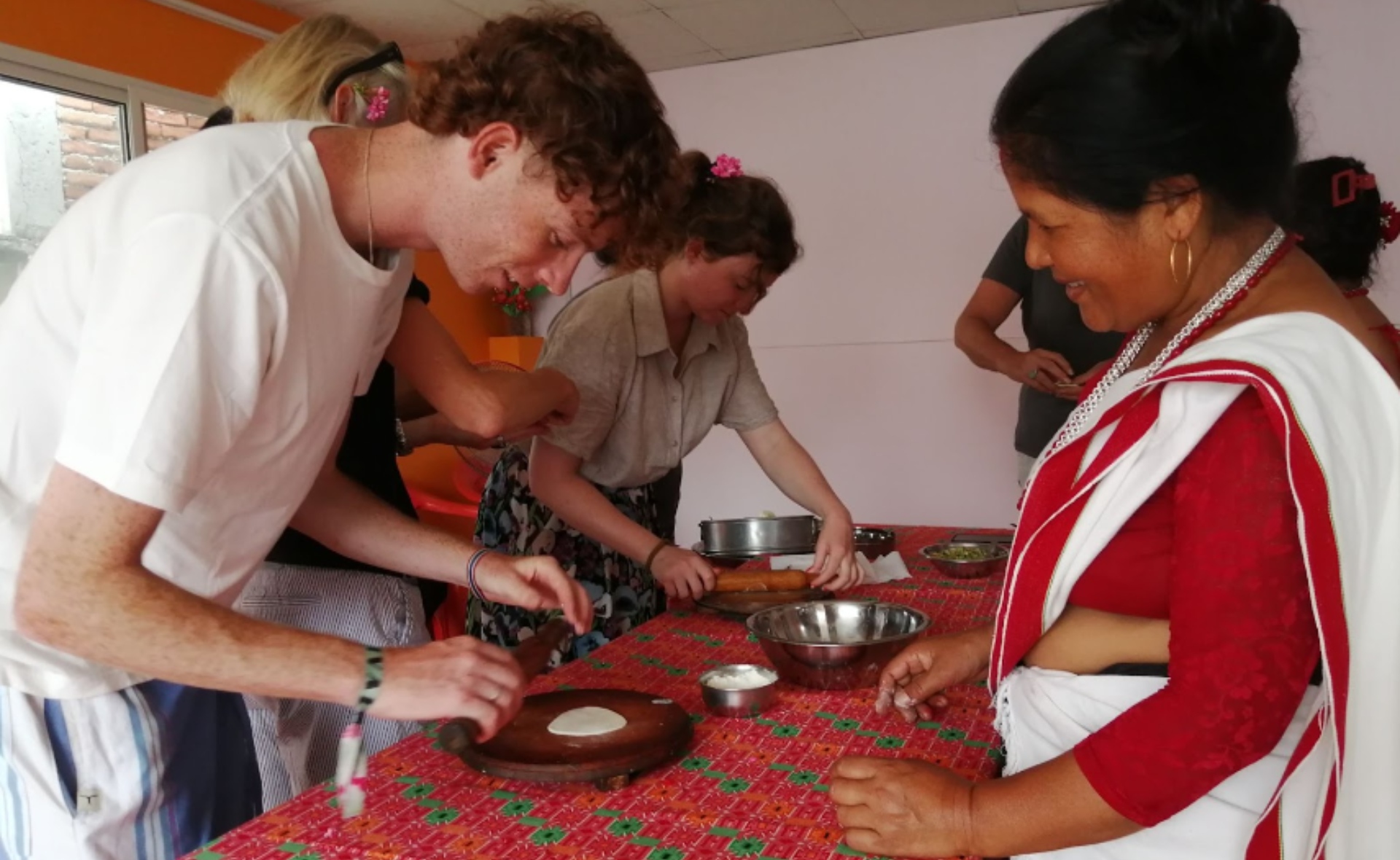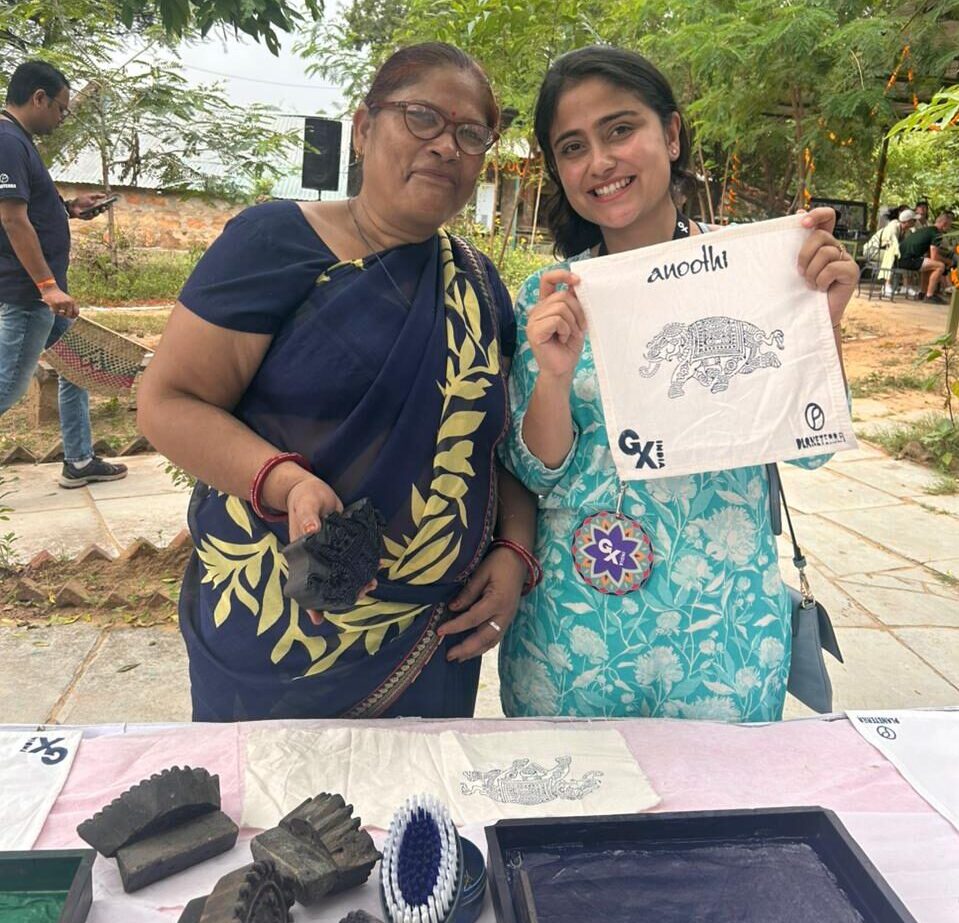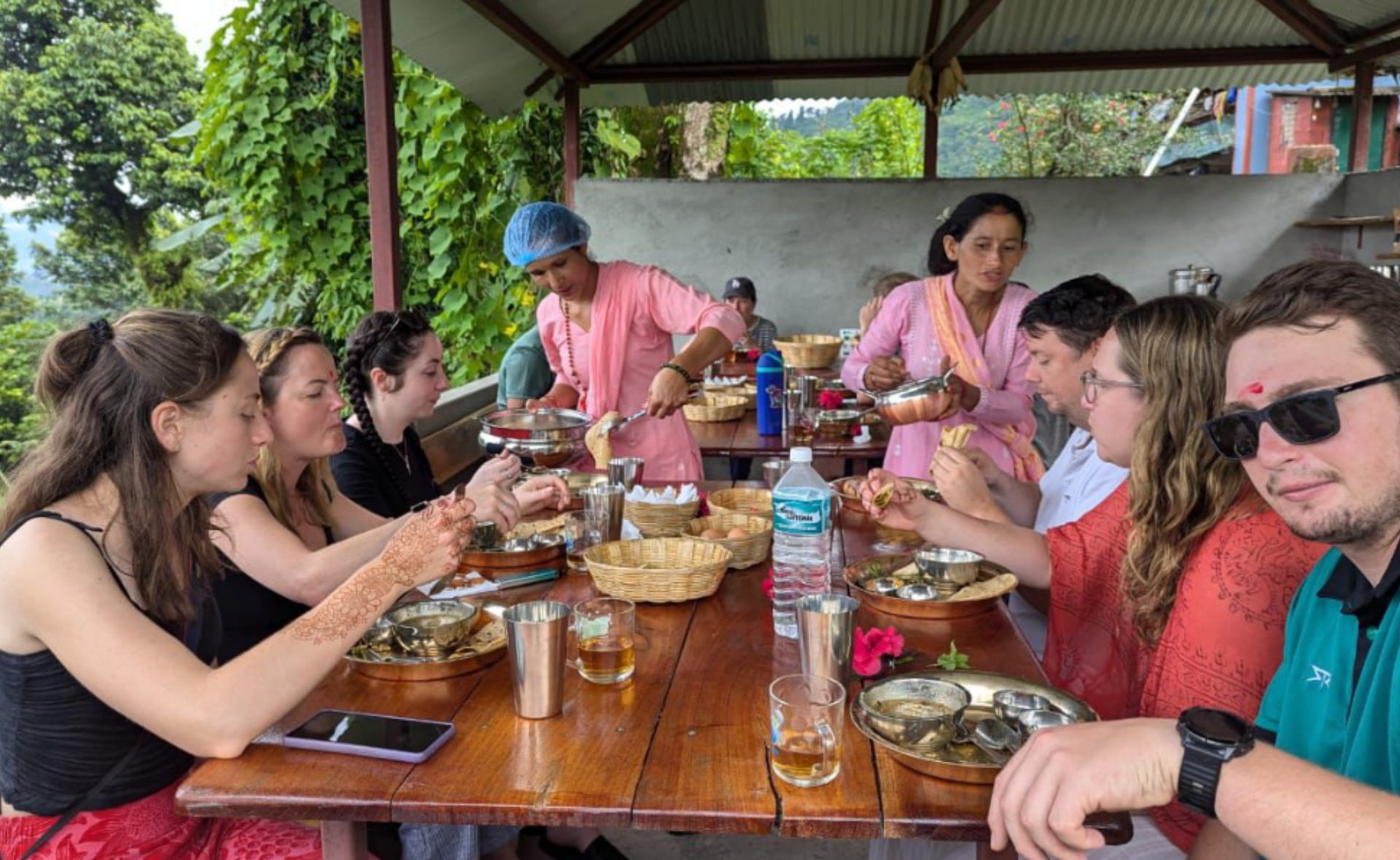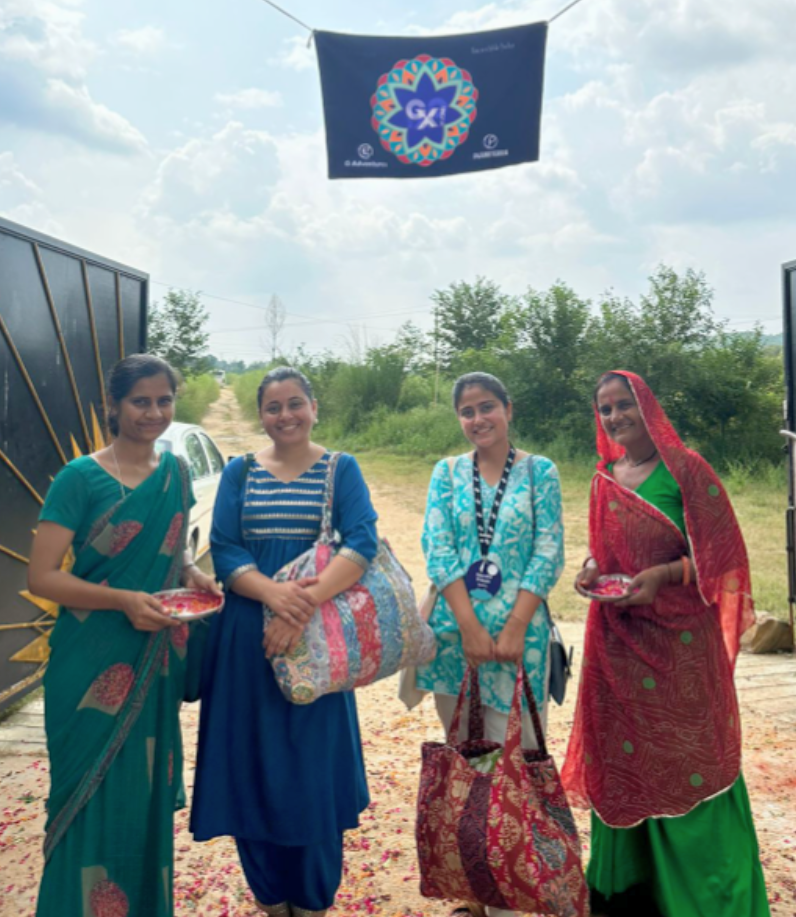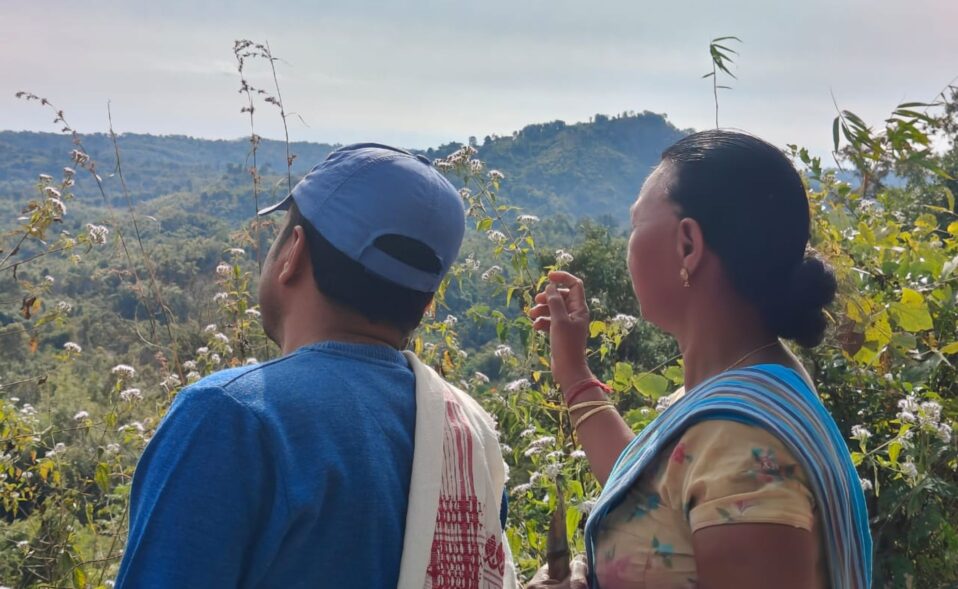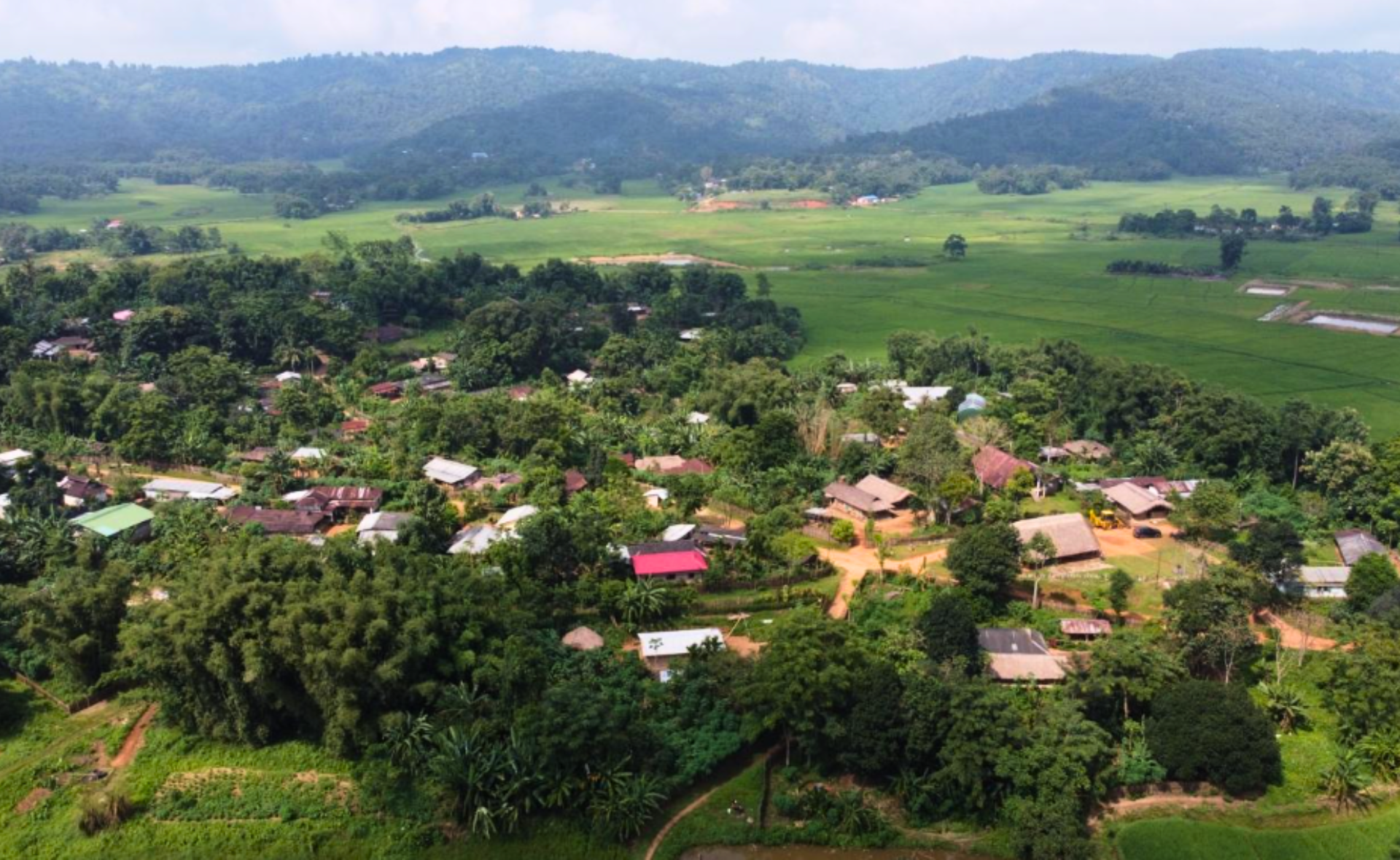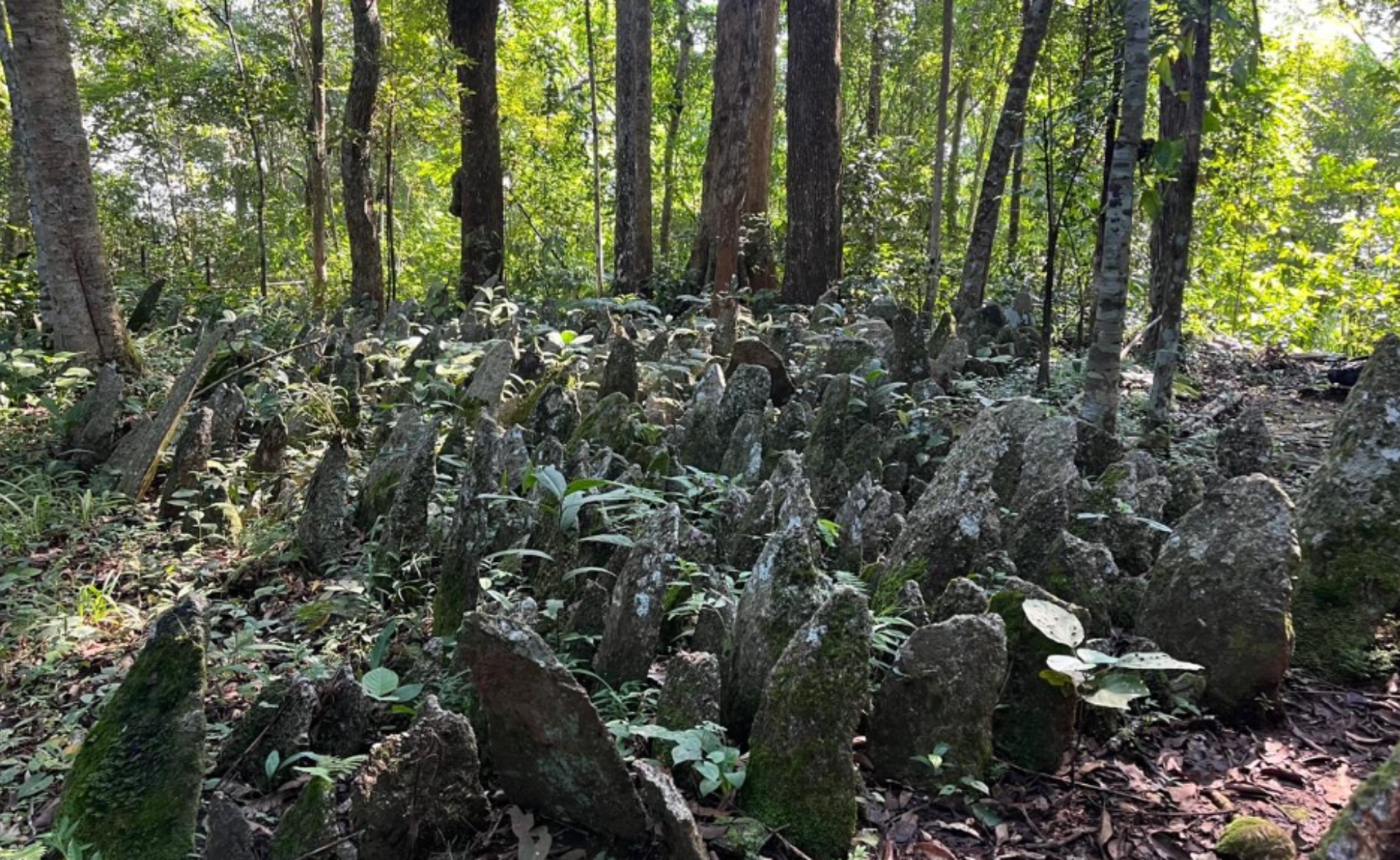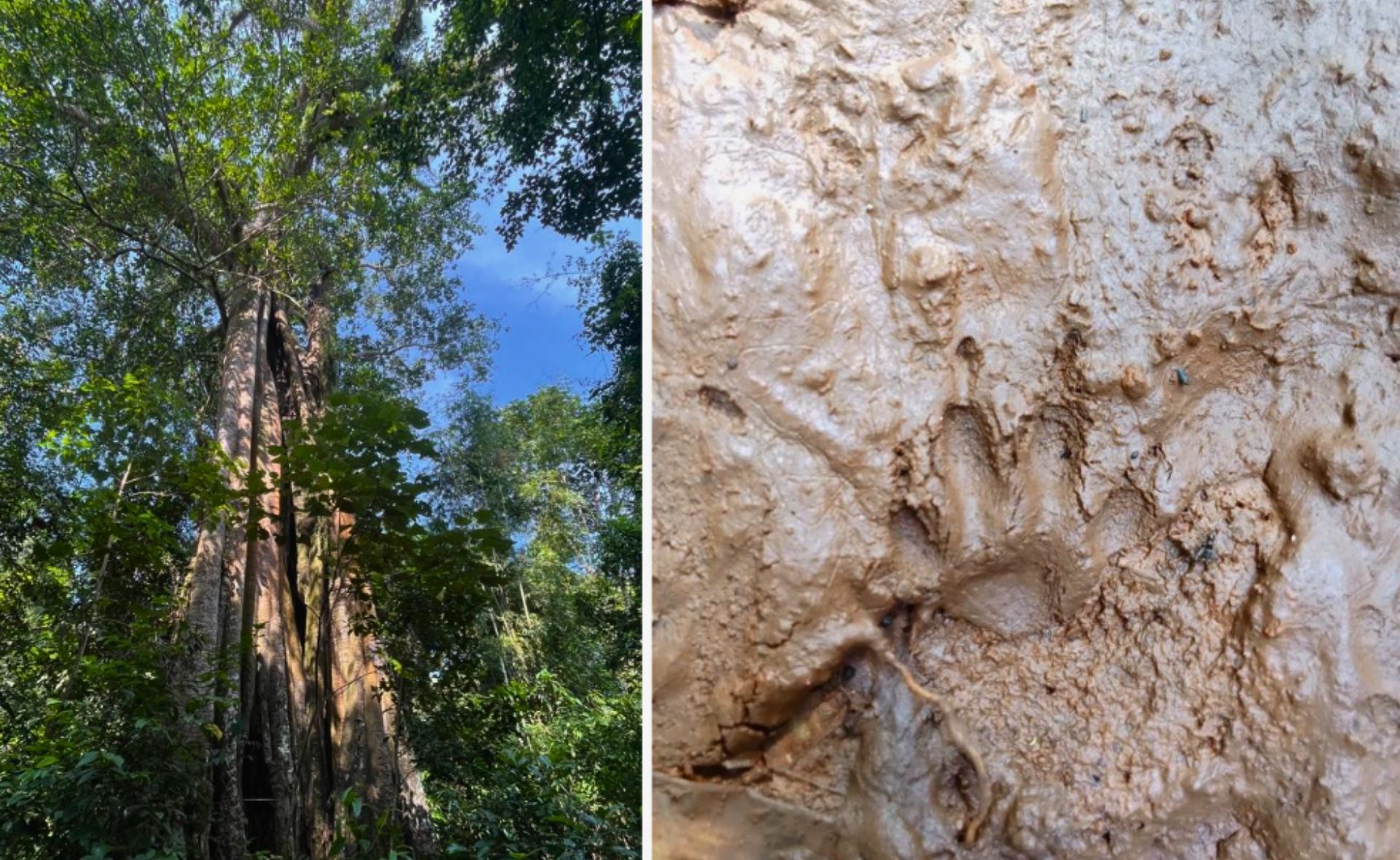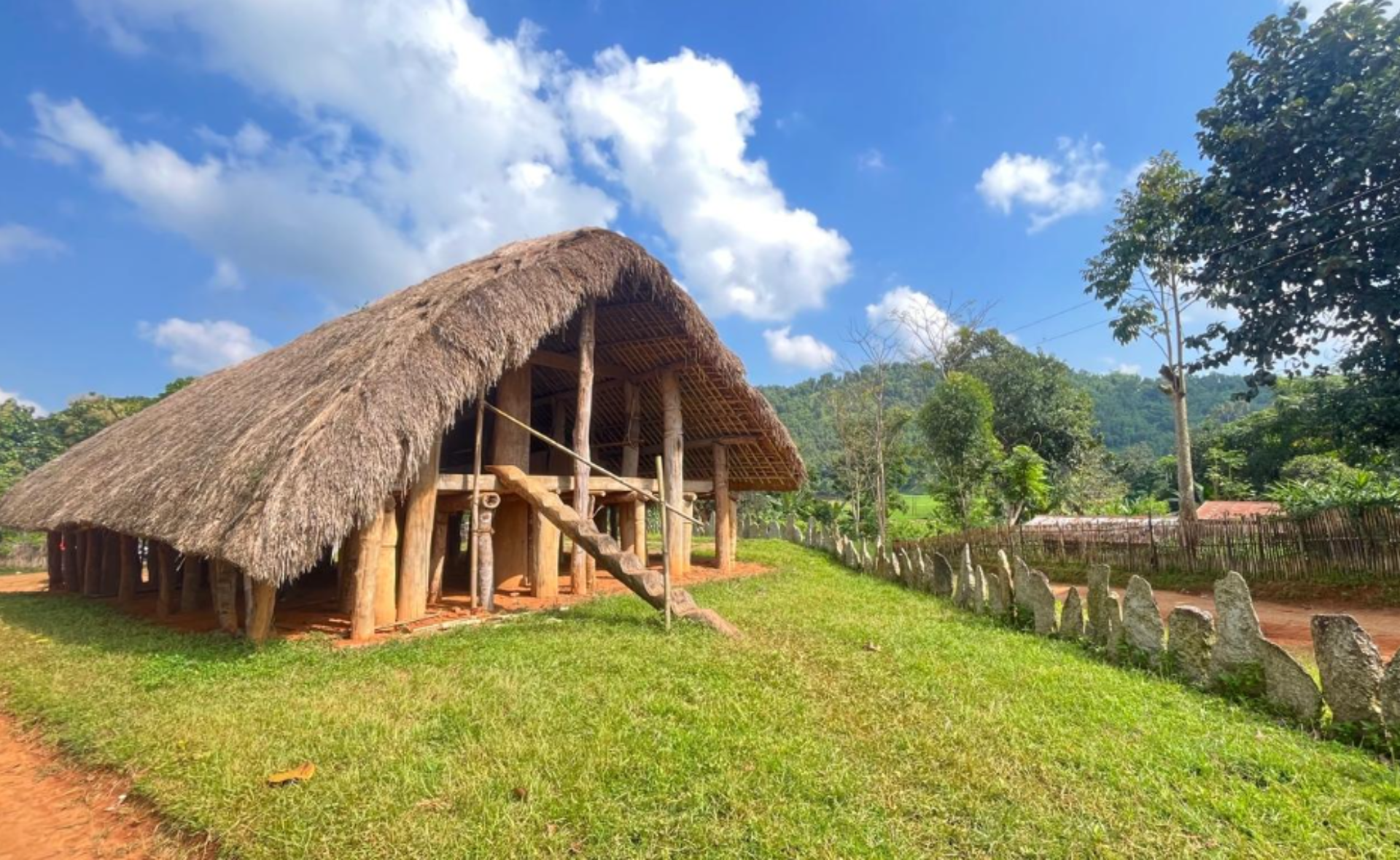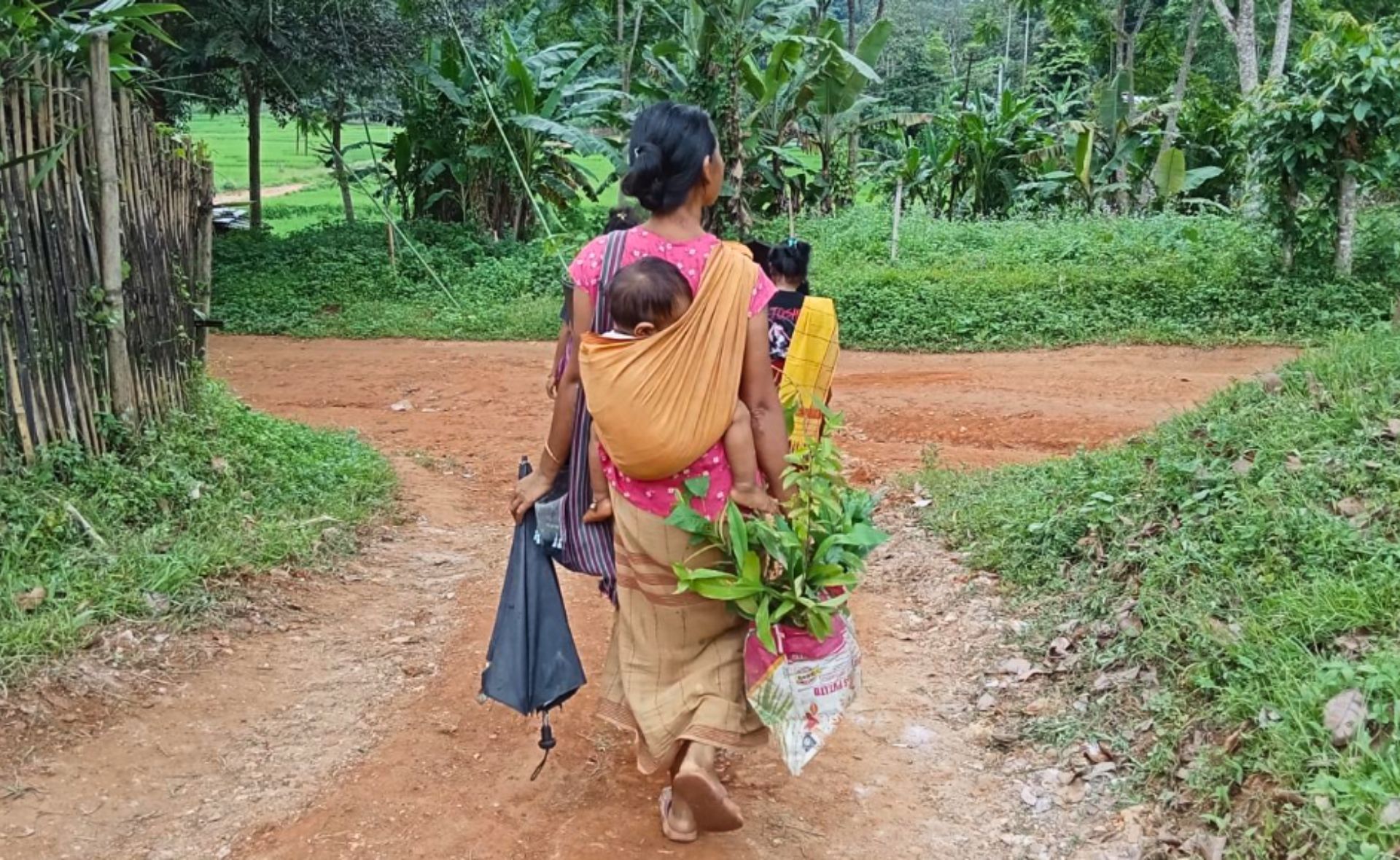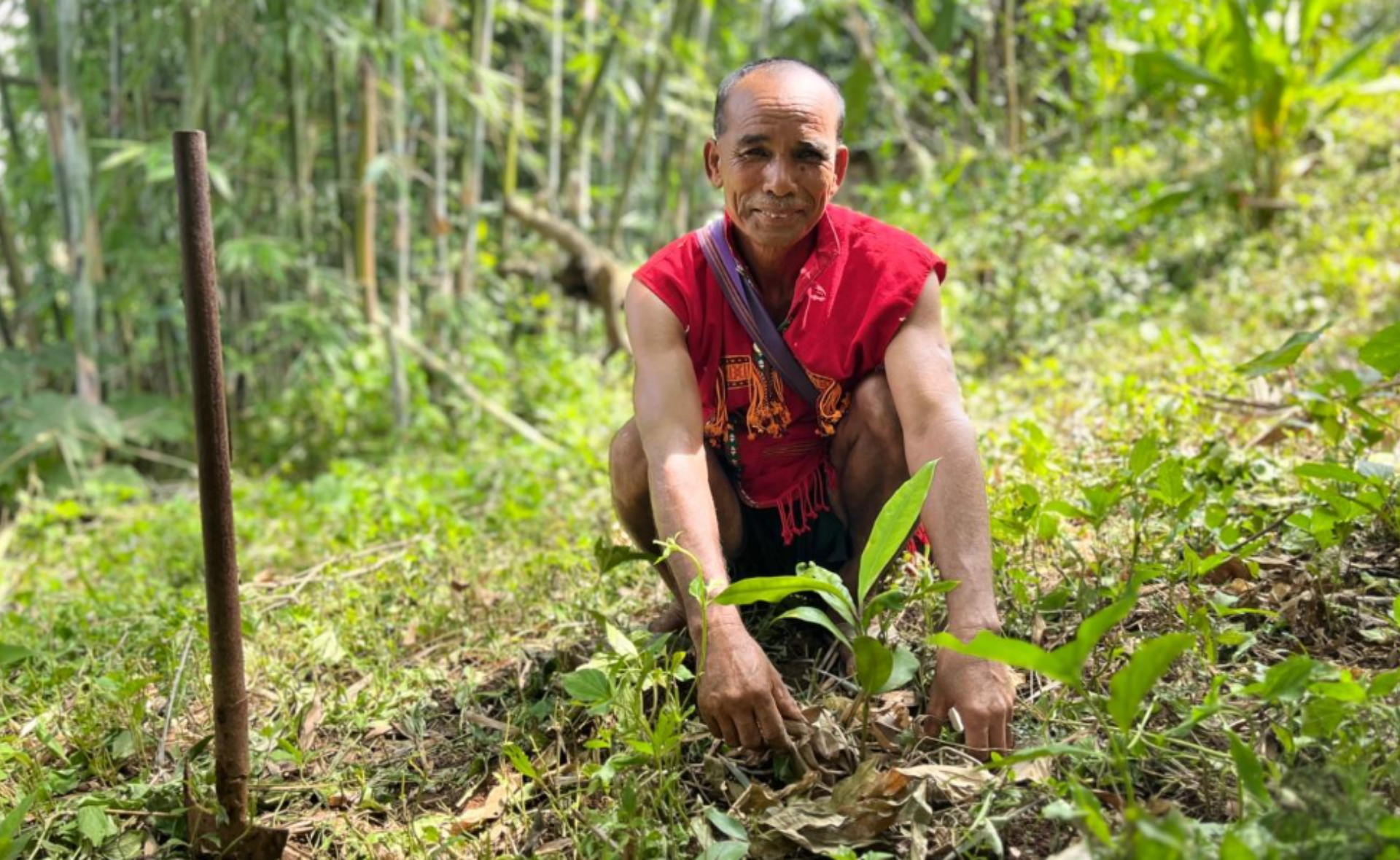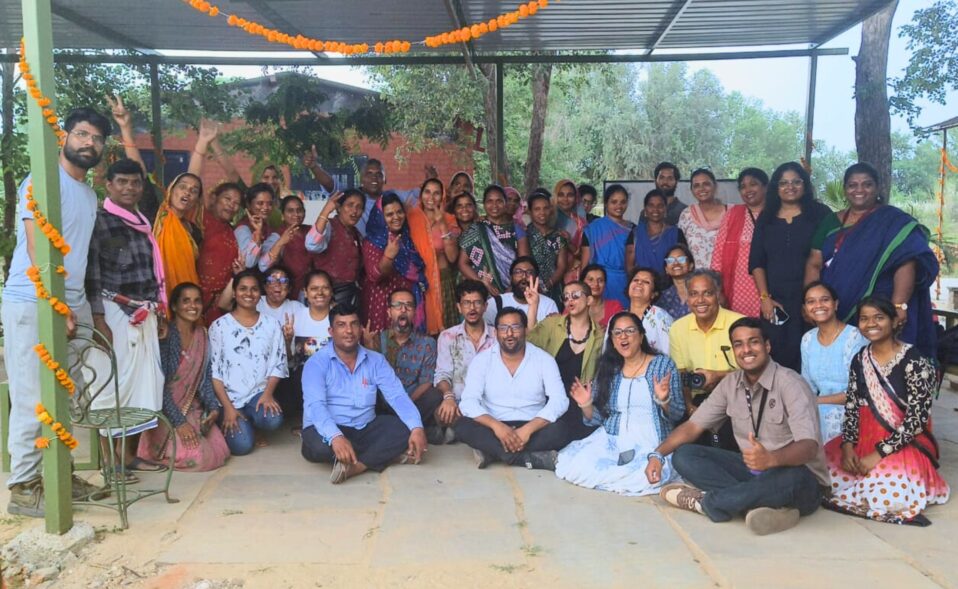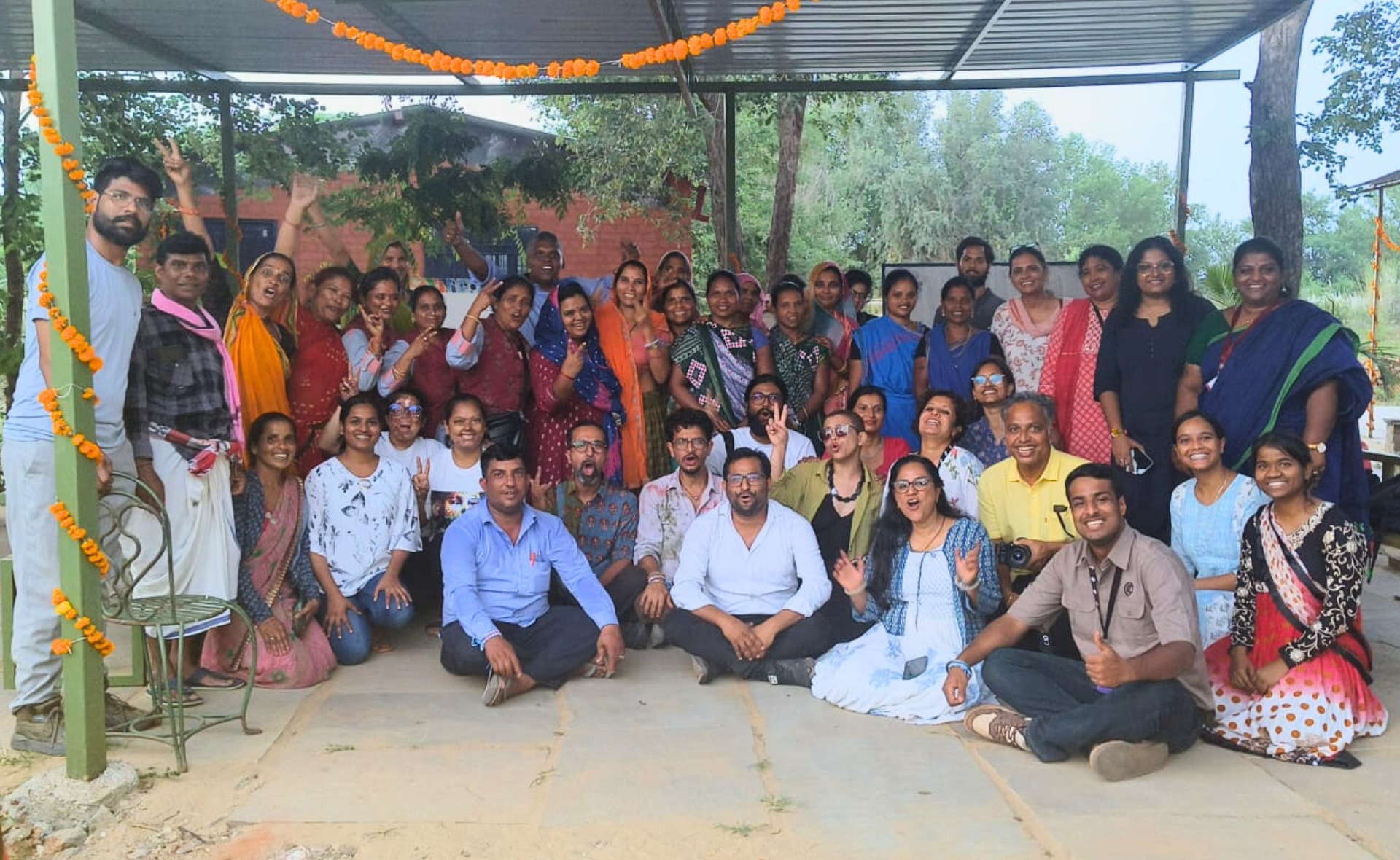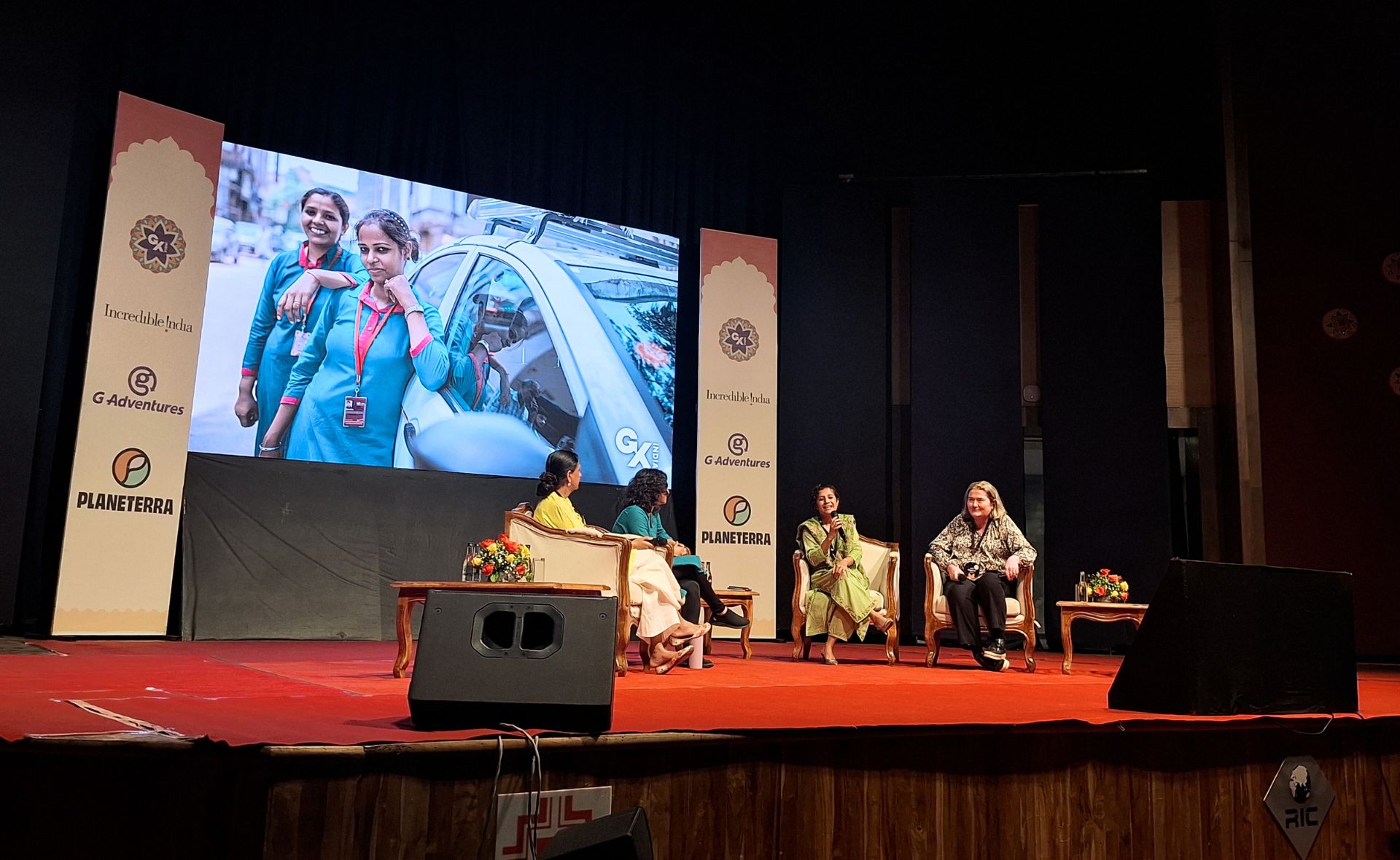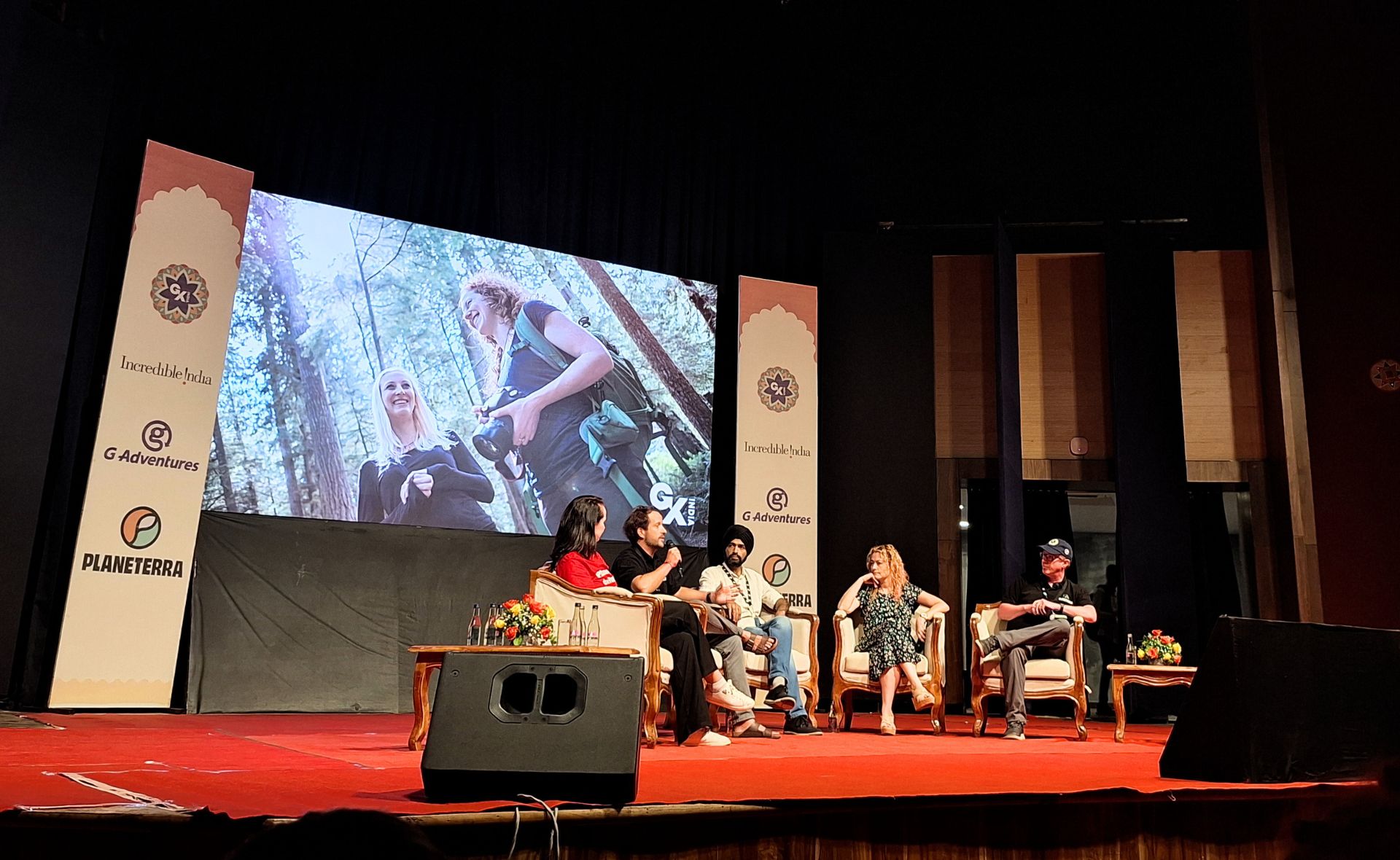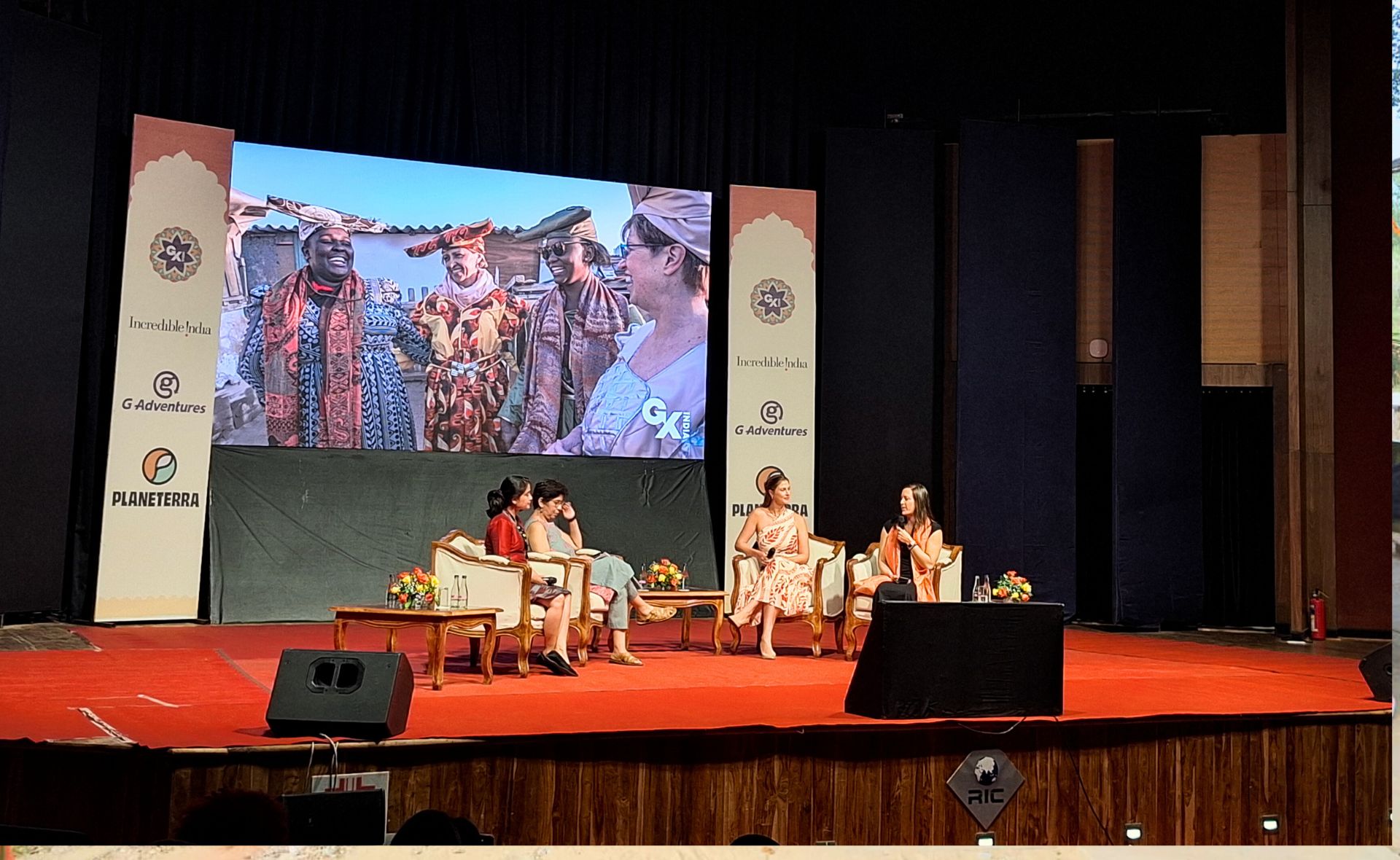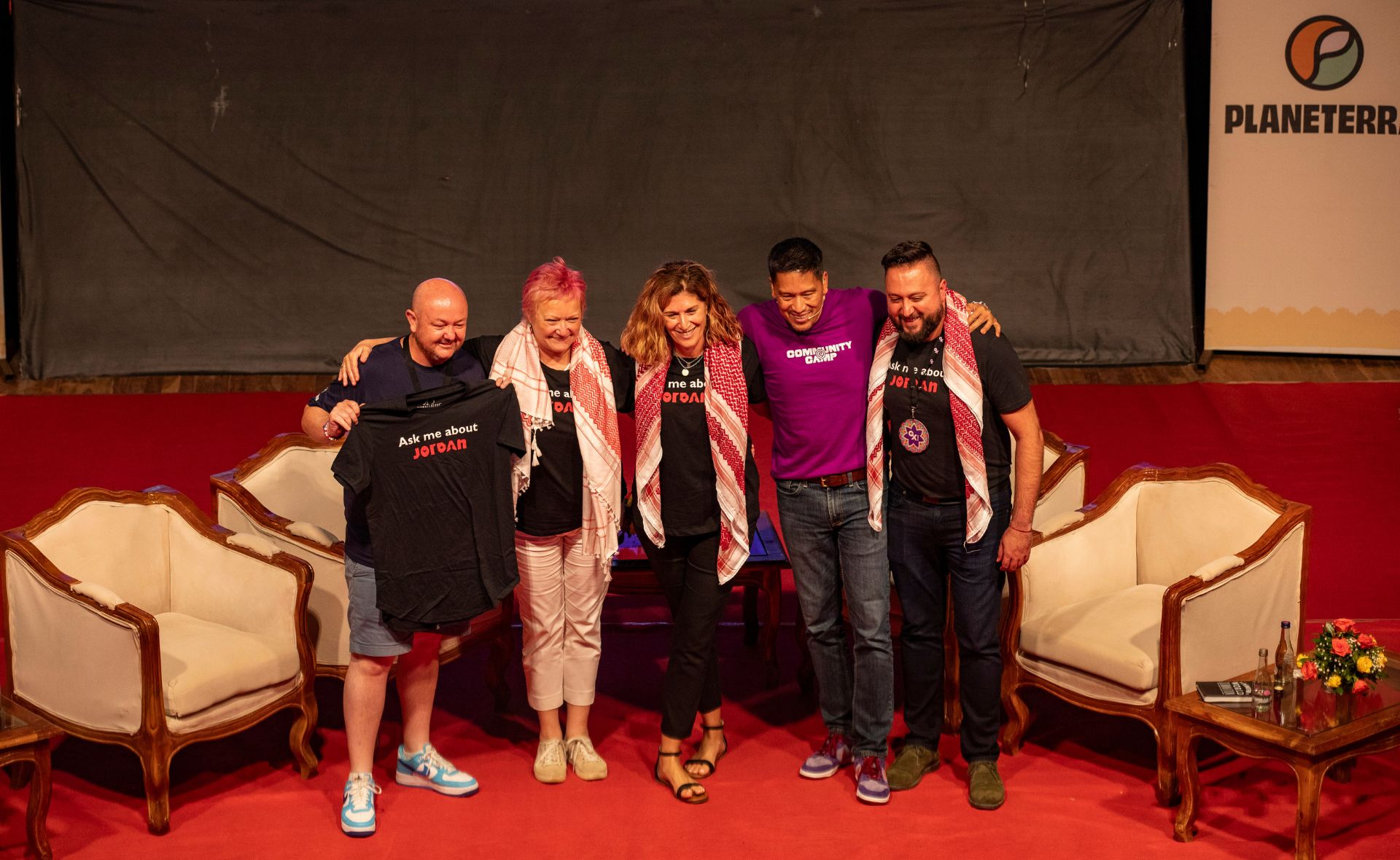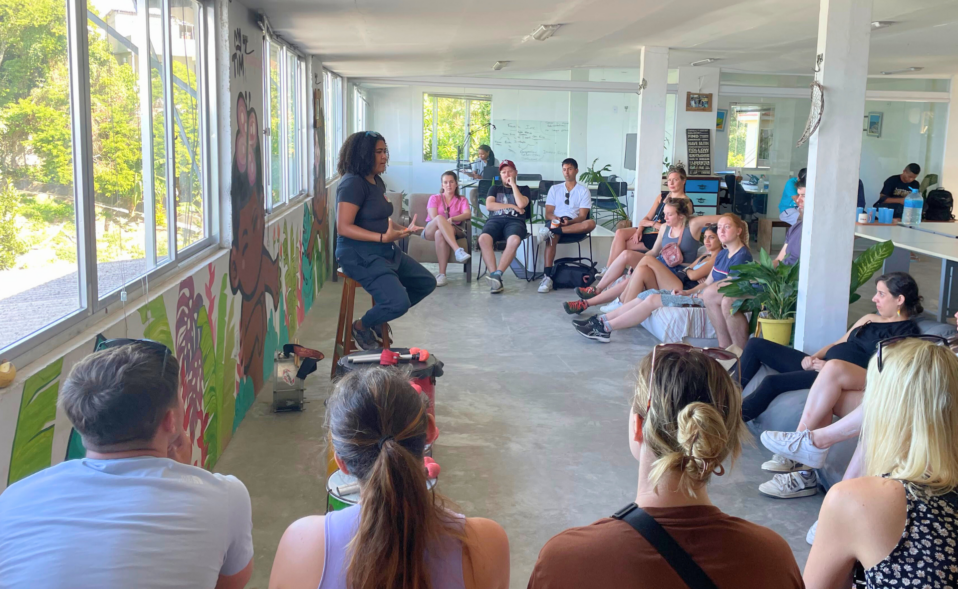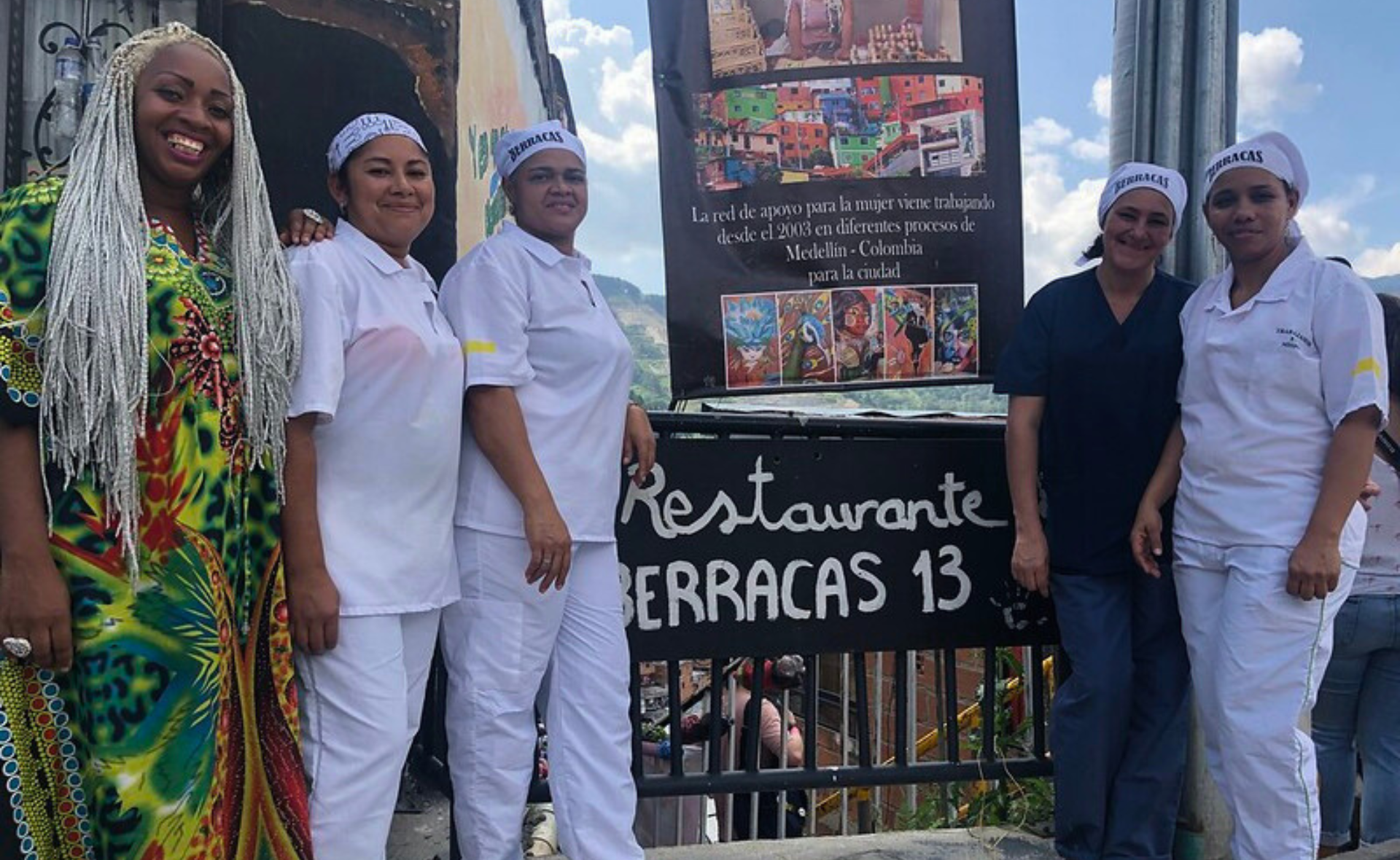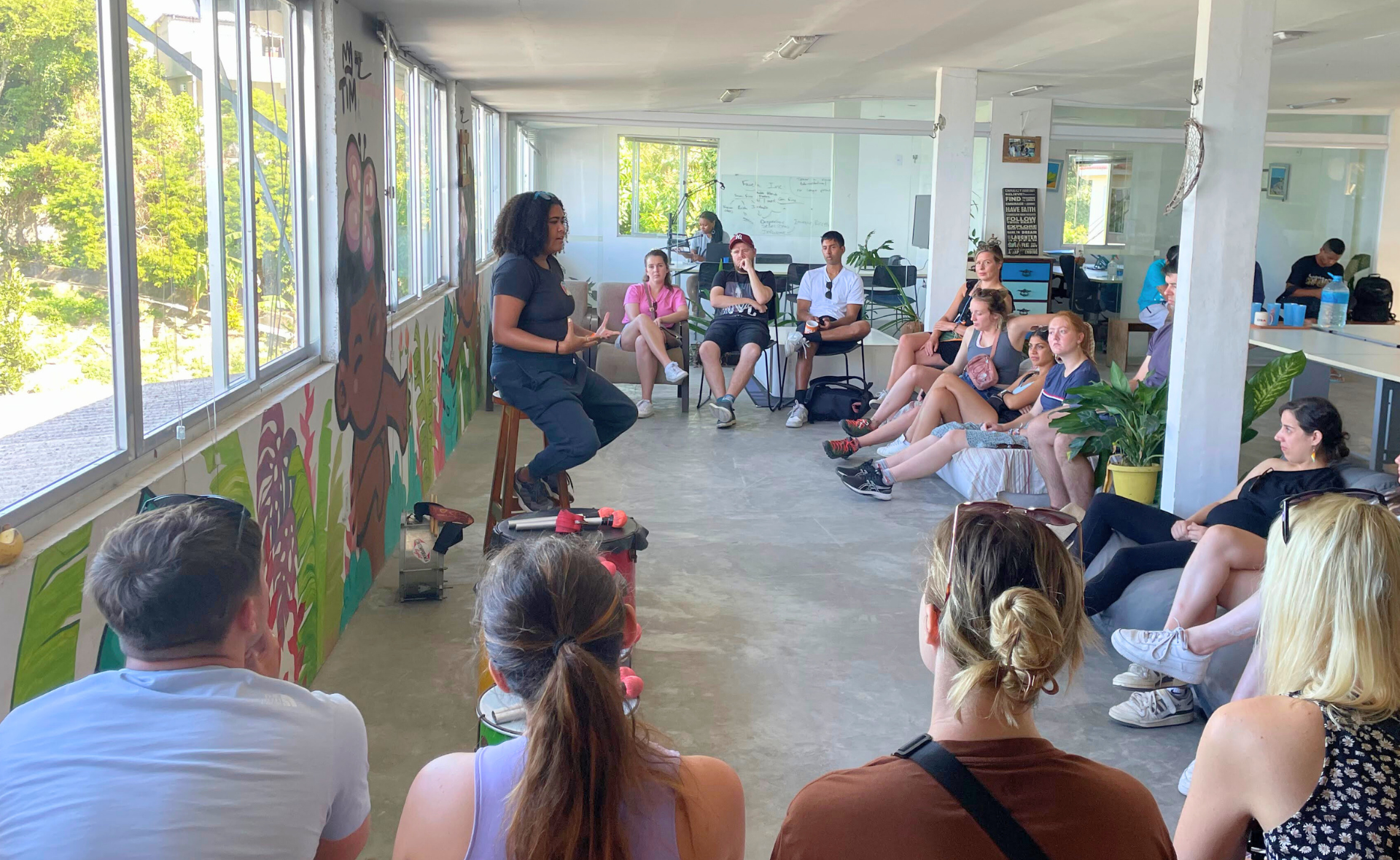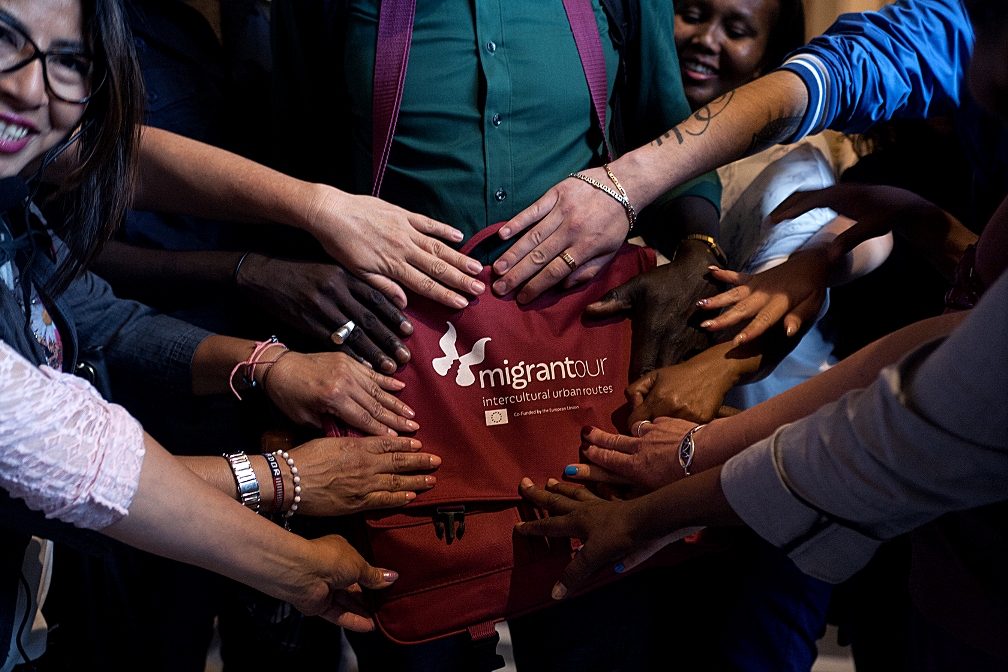A Journey with Planeterra and the Global Community Tourism Fund. Written by William Segbedzi, Founder & CEO at Tours and Arts Solutions.
At Tours and Arts Solutions (TAS), our mission is to create immersive and meaningful tourism experiences that celebrate Ghana’s rich cultural and artistic heritage. We work hand in hand with local communities to promote sustainable tourism while offering travellers an authentic taste of Ghanaian culture.
The Global Community Tourism Fund (GCTF) from Planeterra has played a vital role in amplifying our impact—especially through our newest initiative: culinary tourism.
Blending Culture and Cuisine
TAS was founded on the belief that tourism should go beyond sightseeing and instead immerse travellers in local life. And what better way to do that than through food? With this in mind, we launched the “Enhancing Ghana’s Culinary Heritage Through Tourism” project, designed to introduce visitors to the heart of Ghanaian cuisine while empowering local chefs and artisans.
A key highlight of our project has been the creation of “Agbeko’s Ghanaian Specials”, a cookbook that features traditional recipes alongside cultural stories. This initiative ensures travellers not only enjoy Ghanaian cuisine during their visit but also take a piece of it home. We’ve also woven culinary experiences into our tours—inviting guests to cook and dine with local chefs, deepening their appreciation of our culture.
The Global Community Tourism Fund Experience: Turning Ideas into Impact
The support we received from the GCTF helped us to:
- Develop and print our cookbook, now available at popular destinations like the Kwame Nkrumah Memorial Park, major hotels, the W.E.B. DuBois Center, and the Arts Centre Bookshop in Accra.
- Purchase a 4K HD camera to strengthen our marketing efforts with high-quality visuals of Ghanaian food and culture.
- Host staff training workshops to improve the delivery of our culinary tourism offerings.
Of course, there were challenges—logistical delays and initial setbacks with production—but with Planeterra’s support, we’ve overcome them.
The cookbook has become a powerful tool for both cultural exchange and economic empowerment. So far, over 100 copies have been sold, and we’ve even introduced an after-school sales program that benefits university students. We’re also excited to announce new culinary experiences launching in August 2025.
Impact So Far
Our project has made meaningful strides toward positioning Ghana as a culinary tourism destination. Here are some key highlights:
- Cookbook Development & Distribution
- Target: 100 books sold and reach at least 300 local and international tourists.
- Current Status: 80% complete – the book is printed, but distribution needs scaling.
- Next Steps: Expand outreach through virtual culinary experiences, partnerships, and book marketing.
We estimate the project has achieved 75% of its intended impact so far. With our next steps in motion over the coming three months, we aim to bridge the remaining gap and ensure long-term sustainability.
A Global Connection
Being part of the Planeterra Global Community Tourism Network has allowed us to connect with like-minded tourism enterprises, share knowledge, and grow our reach.
One of our most exciting outcomes? A partnership with Gro Community in Chicago. After a traveller purchased our cookbook, we teamed up to offer virtual cooking classes for youth rehabilitation programs in Chicago—an initiative projected to impact nearly 1,000 young people annually.
What’s Next?
With an additional USD $10,000, we plan to:
- Expand our culinary tours to showcase more regions and dishes across Ghana.
- Set up a virtual culinary experience studio.
- Strengthen our cookbook distribution to reach more hotels and tourism hubs.
- Create more job and training opportunities in tourism and hospitality.
Finalize and launch our 150-page African food ingredient manual, giving travellers deeper insights into traditional ingredients, cultural significance, and sustainable sourcing.
A Message to Fellow Community Tourism Enterprises
If you’re considering community tourism, know this: your culture has immense value. Whether through food, music, art, or storytelling, there are endless ways to craft engaging experiences for travellers. Support networks like Planeterra’s Global Community Tourism Network can help you navigate the journey and scale your impact.
We’re deeply grateful to Planeterra and the Global Community Tourism Fund for believing in our vision and helping us share Ghanaian cuisine with the world. Our journey is just beginning—and we’re excited for what’s ahead!
Learn more at www.toursandartssolutionsgh.com or follow us on social media.
About the author:
William Segbedzi is the founder of Tours and Arts Solutions (TAS), a passionate advocate for cultural exchange and sustainable tourism in Ghana. Since 2015, he has led TAS with a hands-on approach—serving as both a tour guide and visionary manager—welcoming travellers from around the world to experience Ghana’s vibrant culture and artistic heritage. A seasoned traveller and cultural ambassador, William has represented Ghana across Europe, Africa, and the Americas. His deep commitment to fair trade and community development has shaped TAS into a trusted name in responsible tourism. He’s also a skilled drum maker and a lifelong promoter of the arts.


